Brushing With Bentonite Clay: The Dental Benefits of Brushing Your Teeth With Toothpowder

What do you know about bentonite clay for teeth? Or really, what do you know about bentonite clay at all?
Thanks to the massive and commercialized toothpaste industry, most of us have never heard of bentonite clay, and we definitely don’t know how it could be used as part of our dental care routine.
Here’s the truth: That tube of toothpaste sitting on your sink - the one you use every morning and every night - is toxic.
It’s saturated with chemicals and dangerous ingredients that have no business in your mouth or body. Yet, somehow, we’re all still taught to use traditional fluoride toothpaste without a second thought.
It’s time to pull the curtain back and expose the very real, very serious dangers associated with toothpaste.
And don’t worry, this doesn’t mean you can only brush with water. Brushing with bentonite clay is a safe, natural, and effective alternative that does more than prevent cavities - it remineralizes your teeth and enhances your overall oral health!
The Toxic Ingredients in Traditional Toothpaste
As an adult, you’ve spent decades buying toothpaste from the store. You probably grab the same exact brand and flavor every time you run low, and you’ve been trained - just like we all have! - to brush with that toothpaste twice a day until your teeth feel clean.
But have you ever really stopped to investigate the ingredients in your toothpaste? Most common toothpaste ingredients do absolutely nothing to actively improve your dental health, and in fact, many of them pose serious dangers to your body.
You want (and deserve!) oral health products that actually enhance the health of your mouth, but ditching that familiar tube of toothpaste feels like a forbidden sin, right?
After all, your dentist reminds you to brush with fluoride toothpaste at every six-month appointment. He even gives you toothpaste freebies to push you in the right direction!
Admitting you’re thinking of breaking up with traditional toothpaste might feel like blasphemy, but it’s one of the best decisions you can make for your oral and overall health. Check out these dangerous, toxic toothpaste ingredients, and you’ll understand exactly why.
Triclosan
Triclosan is an ingredient added to many common consumer products, especially self-care products like soaps, toothpaste, and cosmetics. Proponents of triclosan claim that it reduces or prevents bacterial contamination, but research shows that the dangers of triclosan outweigh any potential benefits.
Even the FDA has stated that triclosan is “not generally recognized as safe” due to insufficient proof of its long-term benefits. Studies show the potential for triclosan to nurture antibiotic-resistant bacteria and interfere with thyroid hormone production. Now that manufacturers are required to include triclosan on their ingredients labels, only Colgate still includes this toxin in their toothpaste formula.
Sodium Lauryl Sulfate (SLS)
Sodium lauryl sulfate (SLS) is another ubiquitous chemical found in nearly every cleaning and beauty product out there. It functions as a “surfactant” that produces cleansing and foaming action.
Though the FDA claims SLS is safe, thousands of studies have explored the toxicity of SLS and associate the ingredient with skin irritation and organ system toxicity. Consider the fact that your mouth and body are exposed to the SLS in toothpaste every single morning and every single night. This gradual, long-term exposure creates a cumulative effect in the body that should cause you real concern!
 Aspartame
Aspartame
Aspartame- yuck! Where should I even begin to list the chronic health consequences of artificial sweetener? And, wait, what is it doing in your toothpaste?
Not only is aspartame calorie-free, it’s also 200 times sweeter than natural sugar, which explains why it’s so popular as a sugar alternative in foods and beverages. Toothpaste brands also take advantage of aspartame to improve the taste of their products.
However, when aspartame is processed through your digestive system, it’s converted into methanol. A certain type of methanol, free methanol, breaks down into the carcinogen and neurotoxin formaldehyde in the body. This sound awful, and it’s about to get worse. Formaldehyde can cross the blood-brain barrier and affect learning, behavior, memory, and more.
Propylene Glycol
Propylene glycol is created through the hydrolyzation process of propylene oxide, a probable carcinogen. To make matters worse, you don’t just find propylene glycol in your toothpaste- you can also find it in the antifreeze in your car!
PG is added to toothpaste products because it absorbs extra water and helps maintain moisture. However, research links propylene glycol to issues like allergic reactions, depression, heart disease, and higher absorption of toxins in the bloodstream. There’s simply no reason to put this type of ingredient into your mouth twice a day!
Fluoride
More than a century ago, when scientists first stumbled upon the potential for fluoride to protect teeth from dental cavities, it became the “miracle ingredient” that everybody wanted. Crest became the first brand to include fluoride in its formula in the 1950s, and since then it’s become common practice to use fluoride as a core component of oral care.
However, when you take a look at the true dangers of fluoride, you’ll wonder why anybody thinks it’s a good idea to expose our mouths and bodies to this neurotoxin.
The National Academies of Science, Engineering, and Medicine (NAP) also performed a comprehensive review of fluoride in 2006. Through more than 500 pages of analysis, the NAP documented fluoride’s neurotoxicity and neurobehavioral effects.
Specifically, the NAP noted that fluoride affects the behavior of neurotransmitters in the brain, ultimately providing false messages throughout the nervous system and reducing energy essential to brain function. Even worse, fluoride increases the production of free radicals in the brain. These free radicals accelerate degeneration of healthy tissues and disrupt essential brain activities.
As a result, fluoride is linked to a number of severe complications that make it a documented danger to your body:
- Developmental impairments
- ADHD
- Autism
- Lower IQ
- Entry of aluminum into the brain
- Higher risk of thyroid imbalance
- Nervous system degeneration
- Impaired pineal gland function
- Depression
Why are we using fluoride as a part of dental care, when we could instead be embracing safe and natural ingredients that effectively protect the teeth from cavities and actively improve oral health?

What Is Bentonite Clay?
We’re so used to brushing with toothpaste that the idea of brushing teeth with bentonite clay probably sounds strange.
Get ready to think outside of the box, because bentonite clay is a completely natural substance that offers major oral health benefits without any of the nasty side effects of traditional toothpaste.
Bentonite clay is a soft clay composed of aged volcanic ash. Like most powerful natural remedies, bentonite clay has been used since ancient times to protect the body from disease and injury. Several native cultures living in Central Africa, Australia, and the Andes rely on bentonite clay to address health concerns and detoxify the body.
More than anything else, the impressive power of bentonite clay comes from its negatively charged molecules. Those molecules attract positively-charged toxins and heavy metals. This makes it possible for bentonite clay to latch onto dangerous toxins and draw and push them out of the body.
In other words, as soon as bentonite clay enters your system, it seeks out all chemicals, impurities, and toxins to remove them from the gut, skin, and mouth.
What Are the Dental Benefits of Brushing Teeth With Bentonite Clay?
After reading through the list of toxic ingredients lurking in your toothpaste, maybe you’ve already thrown your tube into the trash. Awesome! Now you’re ready to give bentonite clay a try instead.
Check out the following four undeniable benefits of brushing with bentonite clay.
Bentonite Clay For Teeth Remineralization
Traditional toothpaste focuses solely on preventing cavities. While that’s an important oral care goal, it completely ignores one of the most important components of dental health: remineralization.
Your teeth are composed of hard dentin and enamel, both of which are naturally sustained by minerals. Unfortunately, it’s common for eating habits, lifestyle choices, and environmental toxins to leach minerals from the teeth. When your teeth lose minerals faster than they gain minerals, you start to notice unpleasant symptoms like sensitivity and decay.
On the other hand, if the remineralization process can outrun the demineralization process, then you can protect your teeth against cavities and sharp zings of sensitivity. Brushing with bentonite clay actually accelerates the remineralization process because natural clays are loaded with minerals like silica, calcium, zinc, potassium, and magnesium.
Introducing minerals to your mouth and your teeth introduce major oral health benefits:
- Strengthen your teeth
- Fight off harmful bacteria
- Reduce and prevent sensitivity
- Protect gums from decay and infection
This is so different than normal toothpaste! Instead of using fluoride toothpaste like a shield against bacteria that doesn’t actually improve the condition of your teeth, bentonite clay gets to the core of the problem by making your teeth strong and healthy enough to thrive.

Bentonite Clay Teeth and Gum Cleansing
As a very mild abrasive, bentonite clay gently scrubs and beautifully polishes the teeth. It works like an astringent by helping to remove tartar and clean the gums. As soon as bentonite clay comes in contact with the bacteria and toxins in your mouth, it absorbs them and replaces them with minerals.
This process doesn’t merely eliminate the bad, but it optimizes your oral health and keeps your teeth and gums legitimately clean! The abrasive action of clay also removes old stains to give you a brighter, whiter smile.
According to the International Association of Oral Medicine and Toxicology, brushing with bentonite clay three times per day can even address gingivitis and severe periodontal disease by removing dangerous bacteria and nourishing the teeth and gums with restorative minerals.
Brushing Teeth With Bentonite Clay Reduces Bad Breath
Mainstream mouthwash, gum, and toothpaste products are only band-aid solutions to bad breath. None of them actually reverse the mechanisms causing unpleasant breath. Instead, they simply cover your rotten egg breath for a few short hours.
That distinctive bad breath odor is caused by sulfur-producing bacteria that lurk around your teeth, gums, tongue, and throat. When enough bacteria build up, the odor of sulfur takes control and you find yourself mortified to have any close-quarters conversations. Since bentonite clay sucks all bacteria and toxins out of your mouth like a vacuum, bad breath can’t even start to develop.
Avoid mouthwash made with alcohol which will worsen your bad breath and have you reaching for breath mints and gum that will make your situation worse. Mouthwash will kill all of the healthy bacteria inside your mouth and leave you at a higher risk of gum disease, cavities and gingivitis. Instead, replace your mouthwash with an oil-based gum serum blended with essential oils that will freshen your breath without destroying your healthy bacteria.
Other Health Benefits of Bentonite Clay
The benefits of bentonite clay don’t start and stop in your mouth! You can use bentonite clay to improve your health in many other ways.
Heal Your Skin
Bentonite clay doesn’t only detoxify. It also functions as a barrier on the skin by preventing toxic compounds from entering while also moisturizing the affected skin. Thanks to this property, external use of bentonite clay on the skin can naturally reduce symptoms of poison ivy, poison oak, and other allergic and irritant reactions. It’s also a popular natural remedy for diaper rash, with some research indicating that it works better and faster than calendula.
Optimize Your Gastrointestinal Tract
It’s also possible that supplementing with bentonite clay can increase gut flora activity while also detoxifying the acidic environment of the stomach. By simultaneously removing the harmful toxins that cause digestive distress and boosting the action of healthy bacteria in the gut, bentonite clay has the power to optimize GI function.
This explains why many people use bentonite clay as a natural remedy for constipation, IBS, leaky gut, and diarrhea.
Improve Immune Response
Antibiotics are meant to kill pathogenic bacteria and save us from disease, but unfortunately more bacteria than ever have become resistant to antibiotics. Bentonite clay can be used as a natural antibiotic substance to overcome antibiotic-resistant pathogenic bacteria and strengthen the immune system against these invaders.
Bentonite clay also improves the immune system by optimizing the gastrointestinal tract. Your gut is the hub of healthy bacteria in your body. The better your gut functions, the more efficiently it can combat pathogens and prevent disease.

Are There Different Clay Options?
These impressive medicinal benefits go beyond bentonite clay as well! Nature’s abundant resources include other varieties like french green clay and white kaolin clay.
French Green Clay
Also known as Illite Clay or Sea Clay, french green clay is a highly absorbent bio-mineral that contains decomposed plant matter as well as many trace minerals, including silica, magnesium, calcium, iron, phosphorus, sodium, potassium, copper, zinc, selenium, cobalt, manganese, phosphorous, silicon, micro-algae, and kelp.
French green clay molecules essentially “drink” and absorb toxins and impurities from your body while delivering essential minerals in return. This process also pulls blood toward the skin to boost circulation and help long-forgotten parts of the mouth and body receive healthy blood supply.
White Kaolin Clay
White kaolin clay is a calming and gentle clay that’s high in calcium, silica, zinc, and magnesium. Since it can remove impurities from the pores and remove dead skin cells, it’s very popular in skincare. However, white kaolin clay also offers major benefits for your dental care by helping to whiten and polish the teeth.
The disinfectant properties of white kaolin clay also make it a perfect choice to supplement bentonite clay and french green clay in a natural tooth powder.
How Do I Start Brushing With Clay?
So many people approach the idea of brushing with clay the same way they’d approach eating with chopsticks for the first time - clueless, confused, and totally unsure. But don’t worry! Brushing with clay is actually incredibly easy. Once you start, you’ll wonder how you ever used to feel satisfied with toxic toothpaste.
Start by finding a clay-based product like Dirty Mouth Toothpowder, then follow these steps:
- Wet your toothbrush and shake away excess moisture
- Dip only the tip of your toothbrush into toothpowder
- Brush for 2 minutes like normal, then spit, rinse, and smile wide
Unlike the fluoride and other chemicals in regular toothpaste, Dirty Mouth® Toothpowder is safe to swallow. However, I don’t recommend swallowing it on purpose since it’ll be saturated with all of the toxins you’re trying to remove from your mouth!
It won’t take long before you start to notice your teeth feel cleaner, stronger, and look whiter.
These positive changes are able to occur because your Dirty Mouth Toothpowder is actually remineralizing your teeth, stripping away impurities, and improving the overall health of your mouth.
Can I Use a Normal Toothbrush?
There’s nothing necessarily wrong with your current toothbrush, but it isn’t exactly your best option, either.
First of all, if you’ve been using standard fluoride toothpaste up until this point, your toothbrush is likely tainted with an accumulation of chemicals and toxins that you don’t want back in your mouth.
Additionally, a normal toothbrush can’t amp up your oral hygiene quite like a unique charcoal-powered toothbrush.
Consider switching to the Charcoal Ion Toothbrush made from sustainable bamboo and charcoal-infused bristles. Charcoal’s negative ions help release tartar and plaque in your teeth, which lends extra whitening power to your normal brushing routine and more efficiently eliminates bad breath.
The Bottom Line
Your takeaway message here is simple: toothpaste is a toxic mess that you shouldn’t put within 10 feet of your mouth! Natural clays like bentonite clay offer all of the protections of traditional toothpaste and more by remineralizing and strengthening your teeth and gums.
If you’re looking for the single most powerful way to improve your oral health and stop the cycle of toxicity in your body, making the switch from toothpaste to toothpowder is the way to do it! We suggest the Dental Detox Kit that will freshen your breath with natural ingredients that will also whiten and strengthen your teeth.
Resources
1. https://www.ncbi.nlm.nih.gov/pmc/articles/PMC5632318/.
2. https://www.ncbi.nlm.nih.gov/pmc/articles/PMC2904249/.
3. https://iaomt.org/wp-content/uploads/Clinical-Use-of-Calcium-Bentonite-Clay-Scientific-Review-5.10.16.pdf.
4. https://www.fda.gov/Drugs/DrugSafety/InformationbyDrugClass/ucm445063.htm
5. https://www.mayoclinic.org/healthy-lifestyle/adult-health/expert-answers/triclosan/faq-20057861.
6. https://www.healthline.com/health/aspartame-side-effects#approvals.
7. https://www.ncbi.nlm.nih.gov/pubmed/3779084.
8. https://www.ewg.org/skindeep/ingredient/706110/SODIUM_LAURYL_SULFATE/.
9. https://www.who.int/ceh/risks/cehwater2/en/.
10. https://www.atsdr.cdc.gov/toxprofiles/tp189-c2.pdf.
11. https://www.nap.edu/read/11571/chapter/9#222.
12. https://www.sciencedaily.com/releases/2016/01/160111121446.htm.
13. https://www.ncbi.nlm.nih.gov/pmc/articles/PMC5632318/.
14. https://www.ncbi.nlm.nih.gov/pmc/articles/PMC2904249/.
15. https://www.ncbi.nlm.nih.gov/pmc/articles/PMC4774071/.
16. https://www.who.int/ipcs/publications/ehc/ehc_231.pdf.







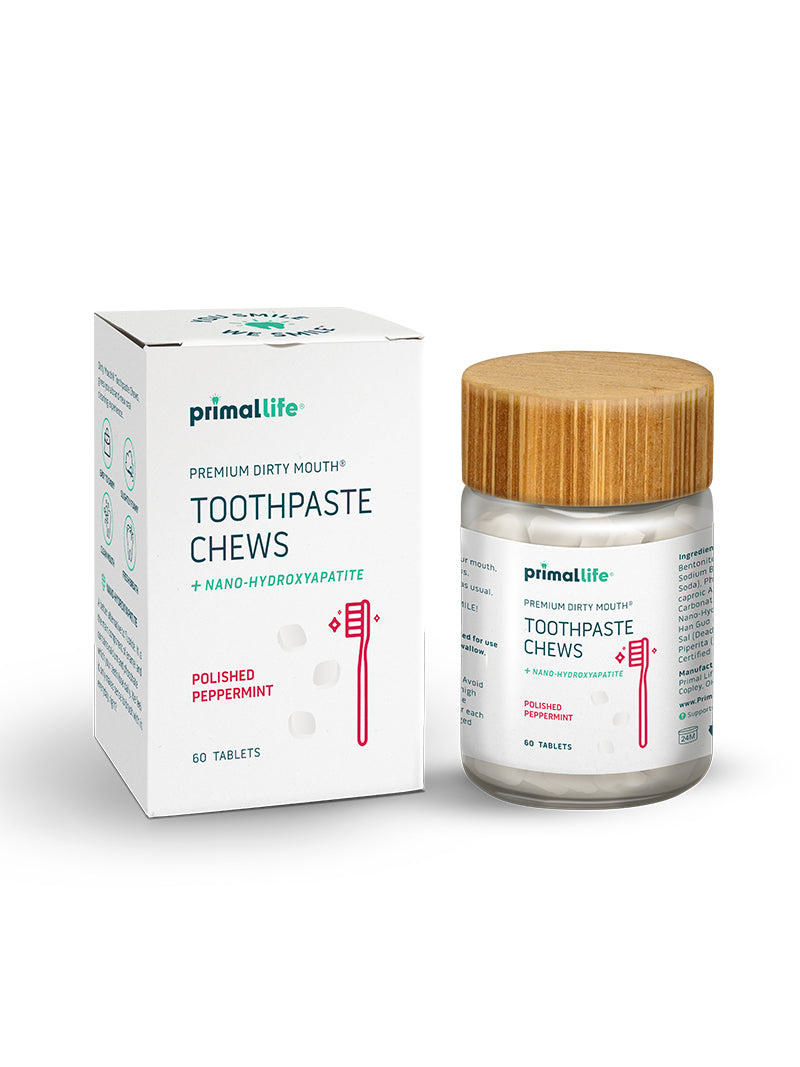
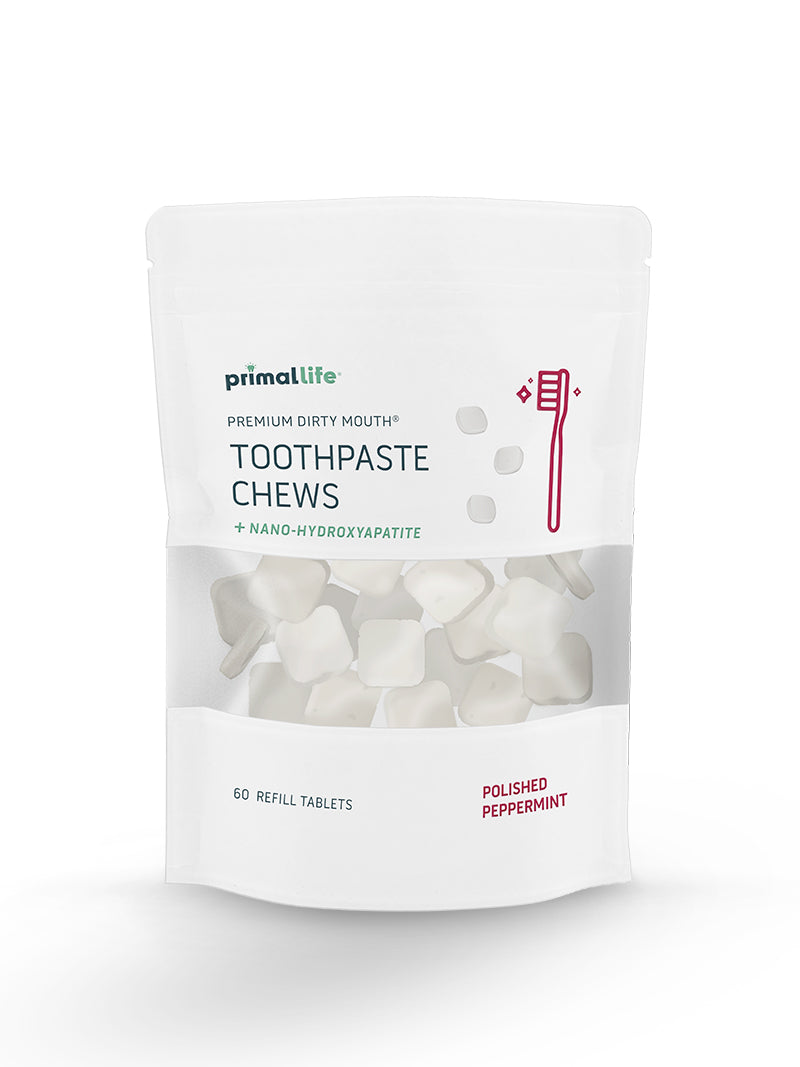
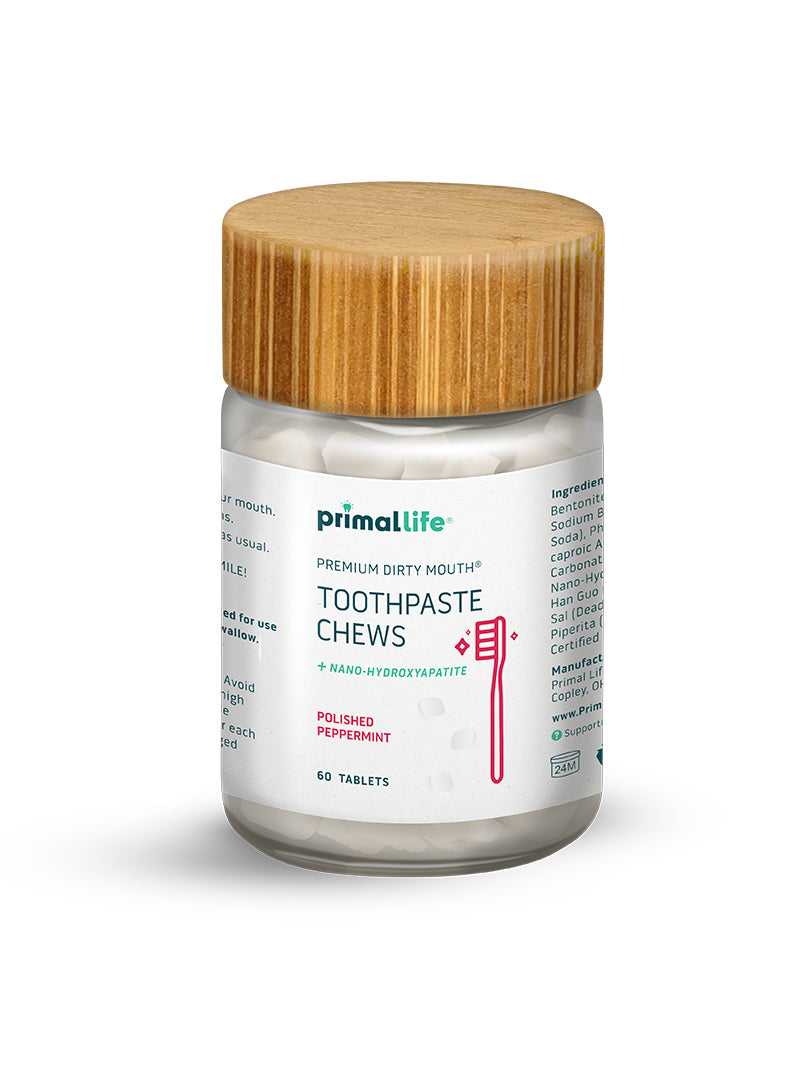
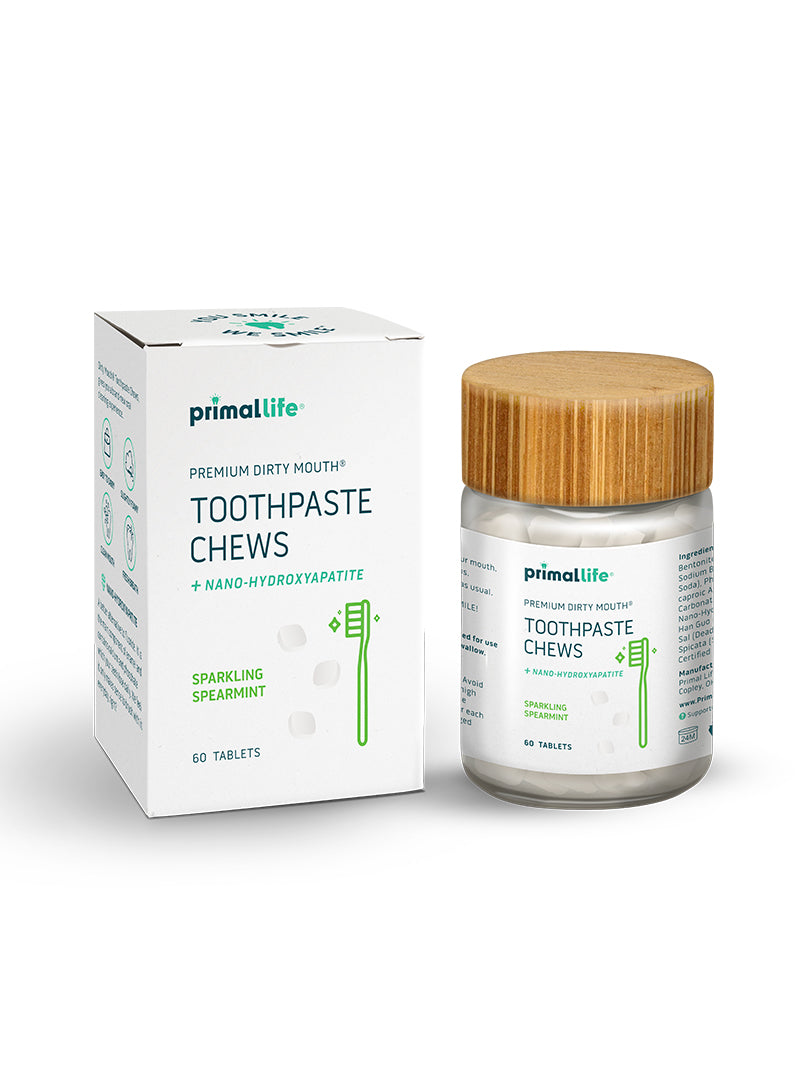
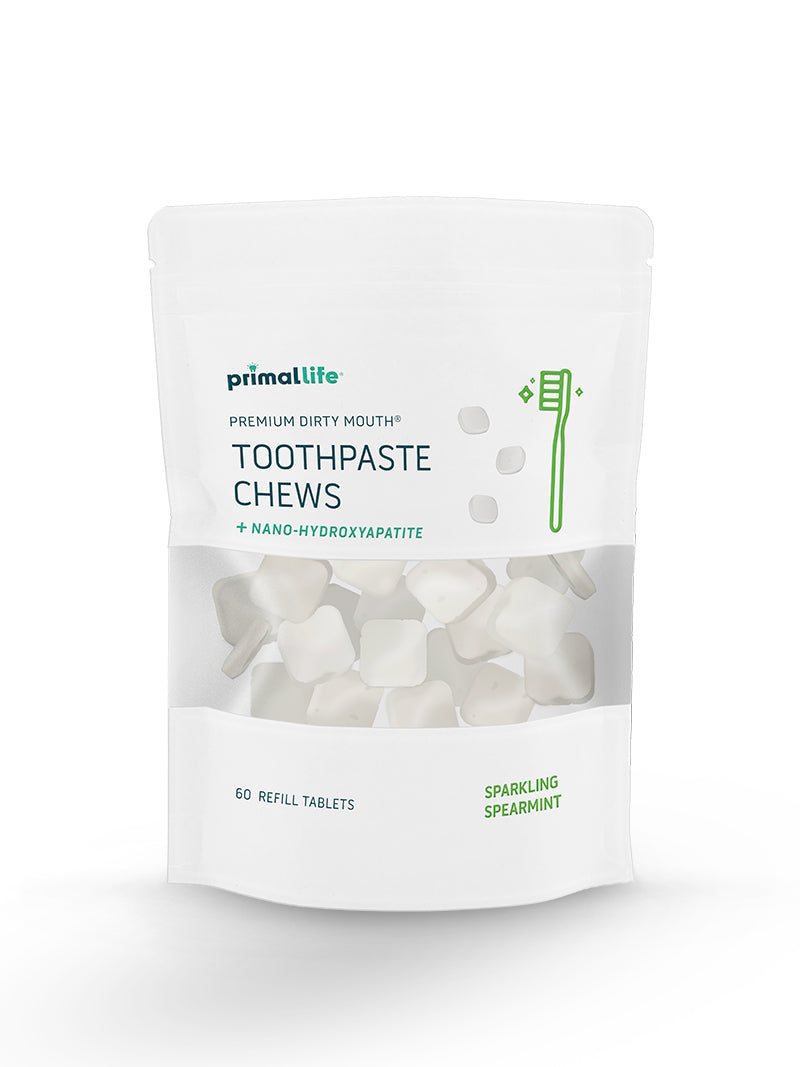
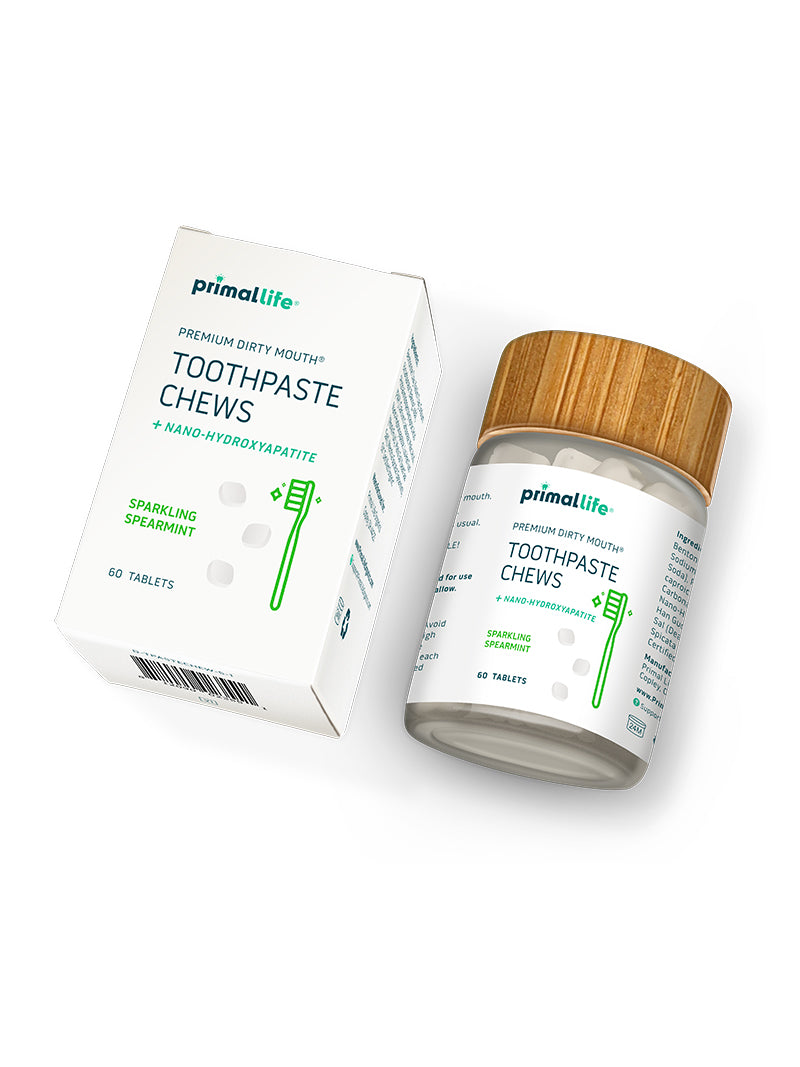
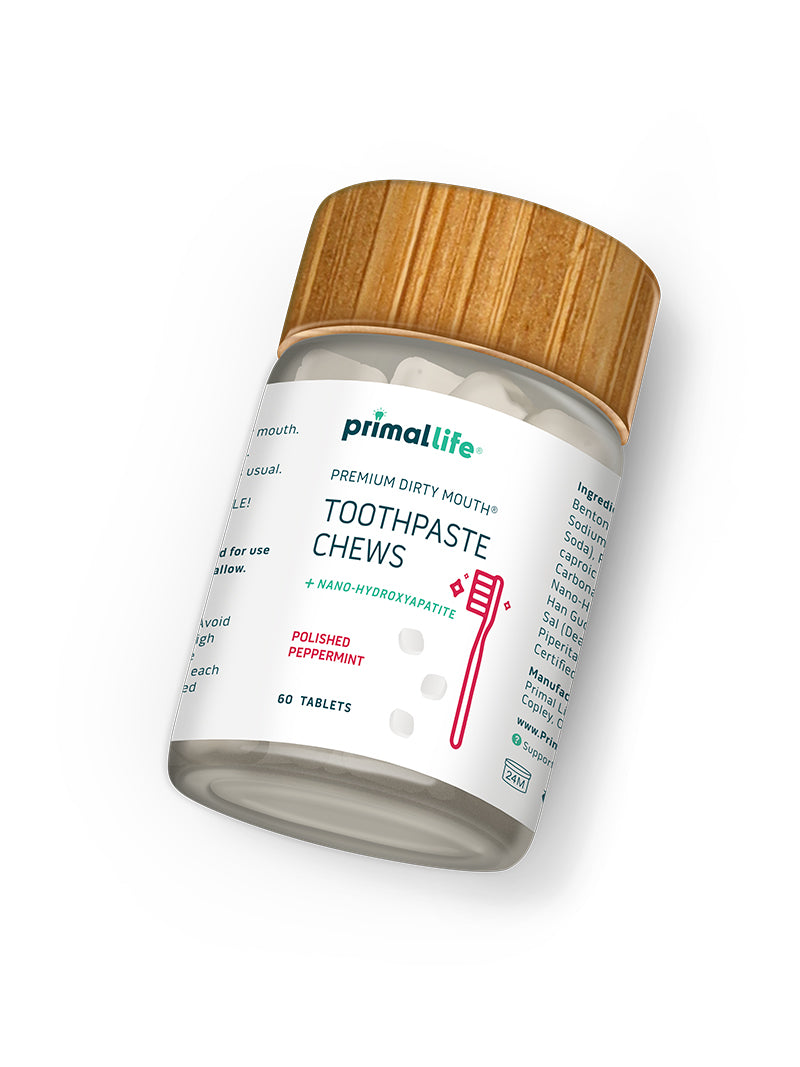
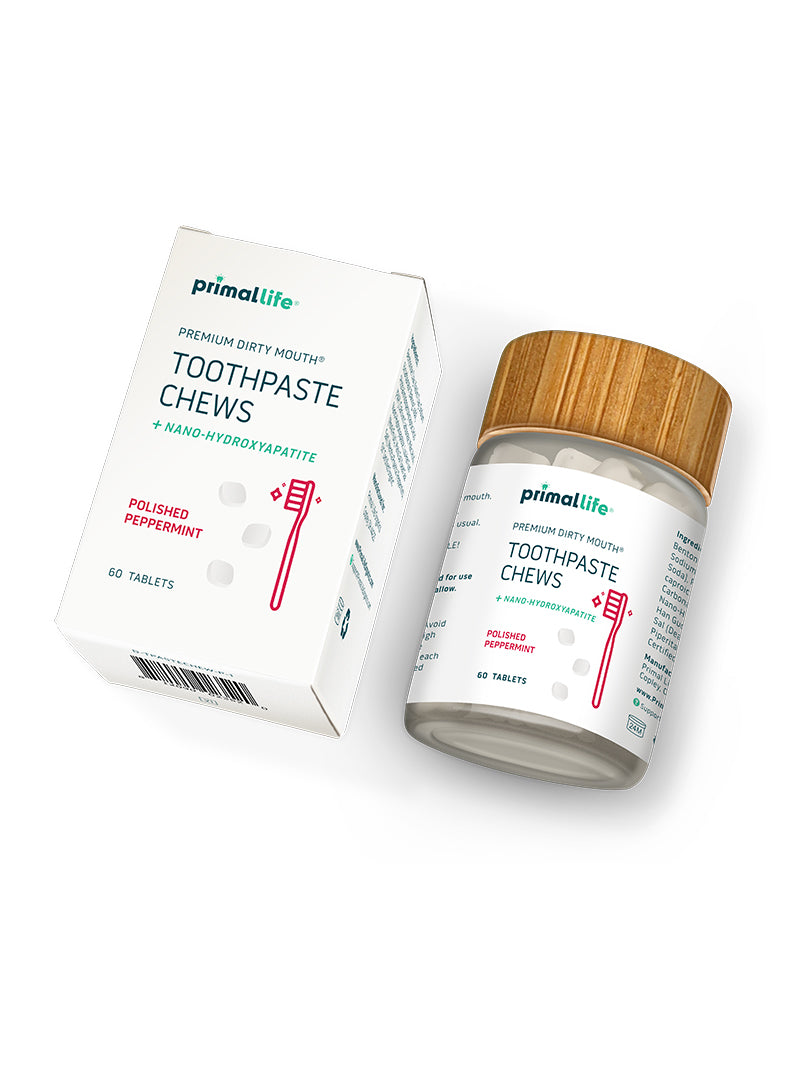
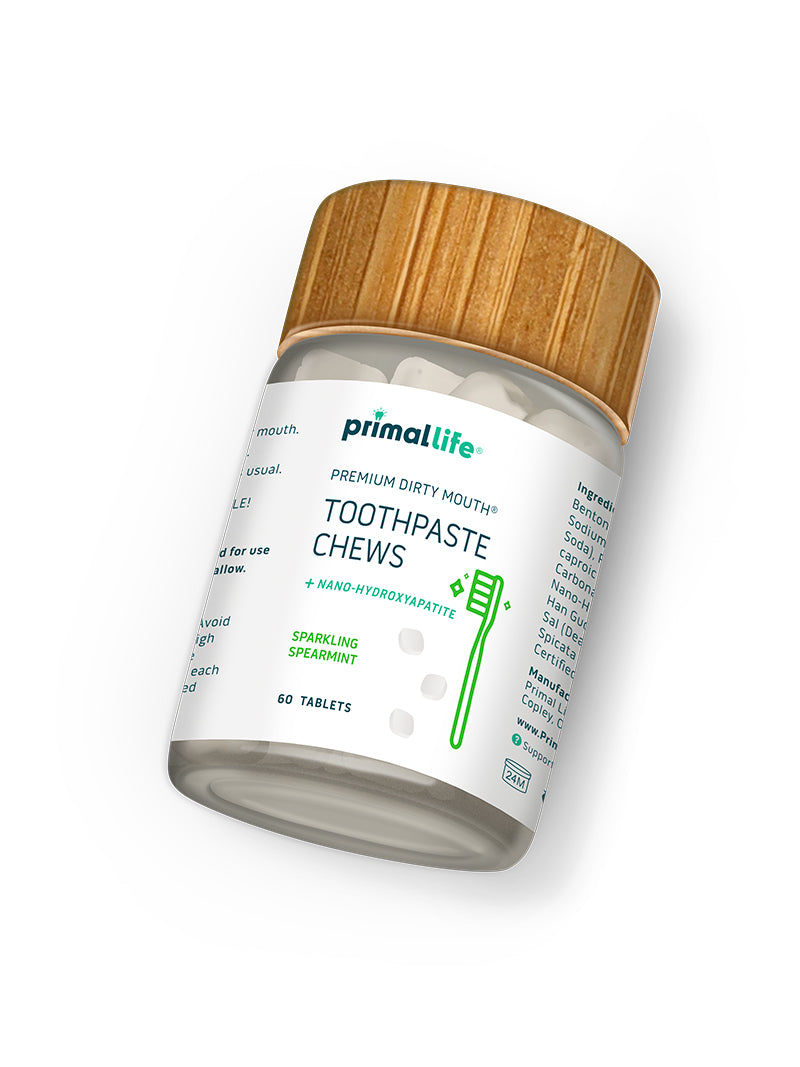
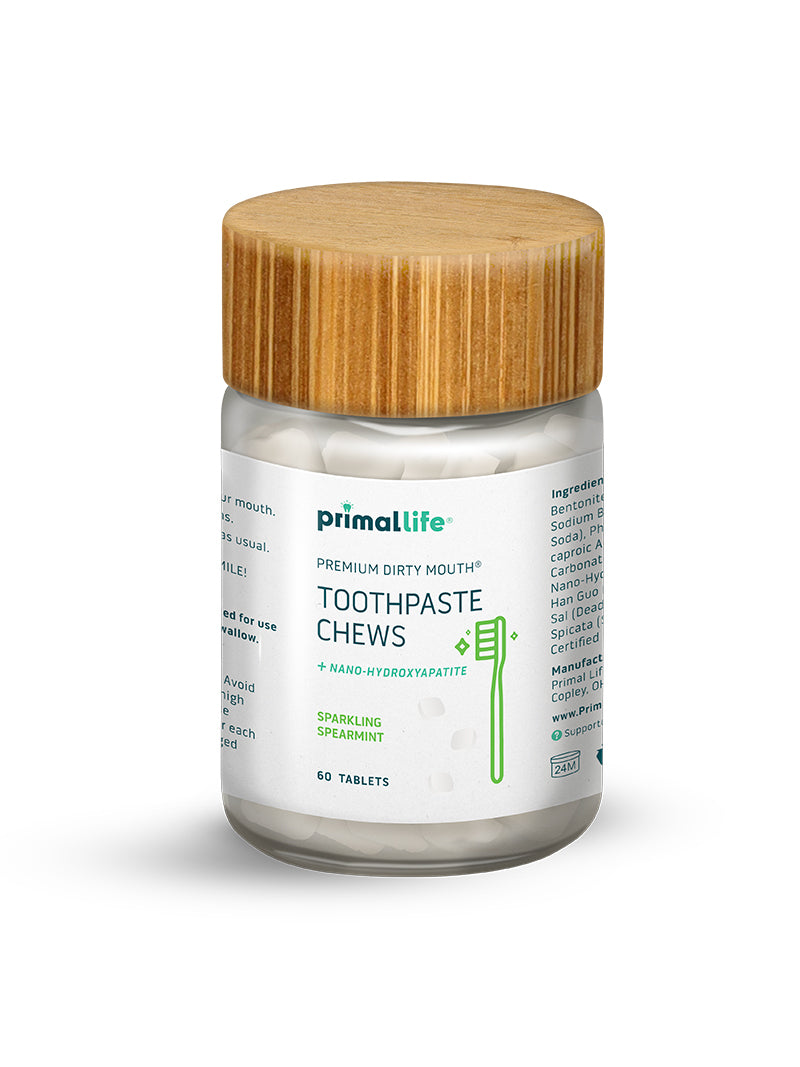
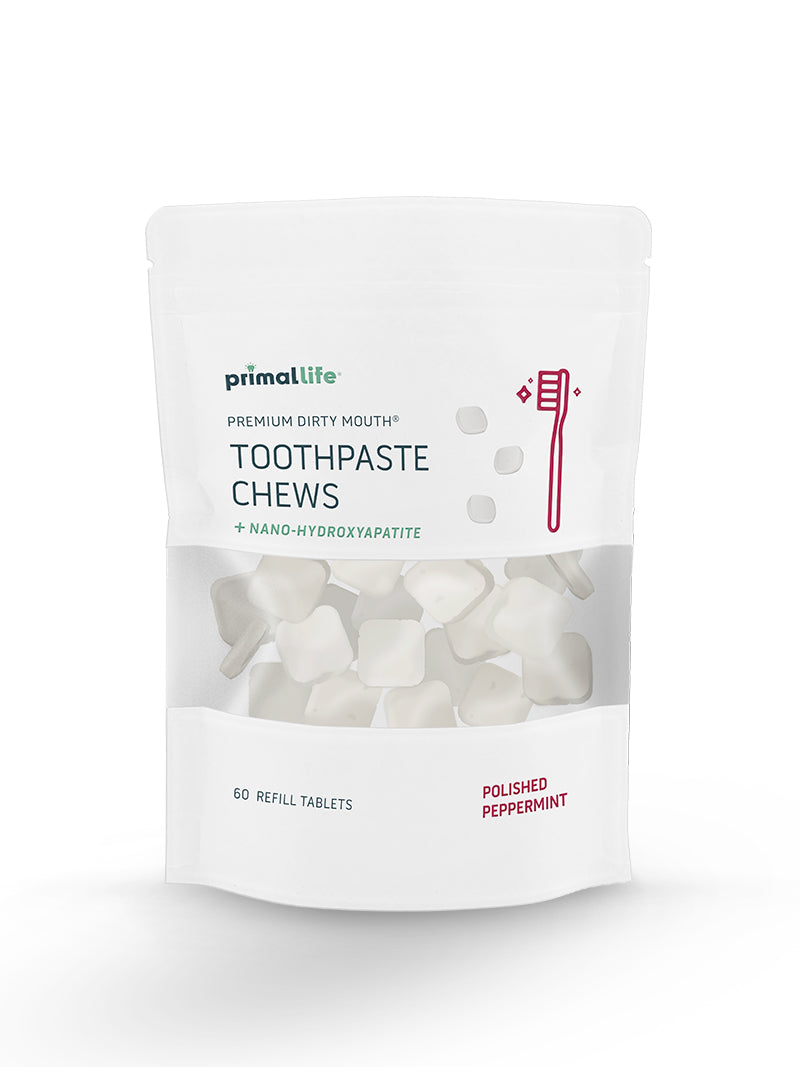
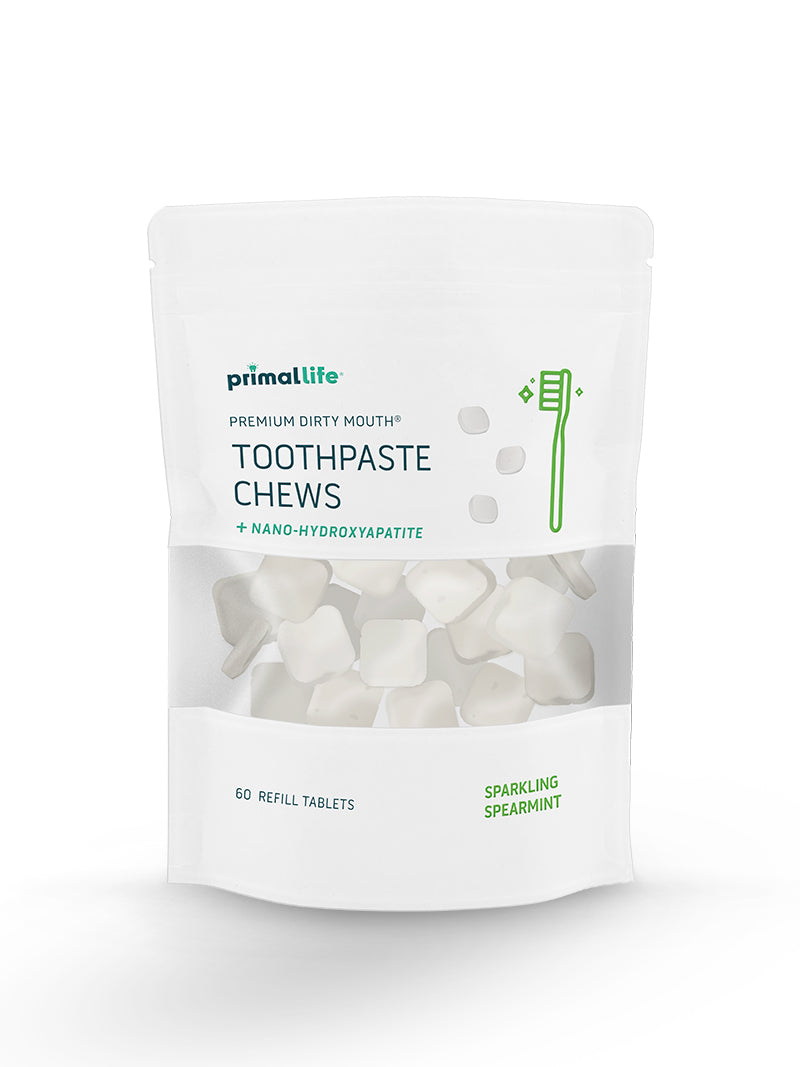
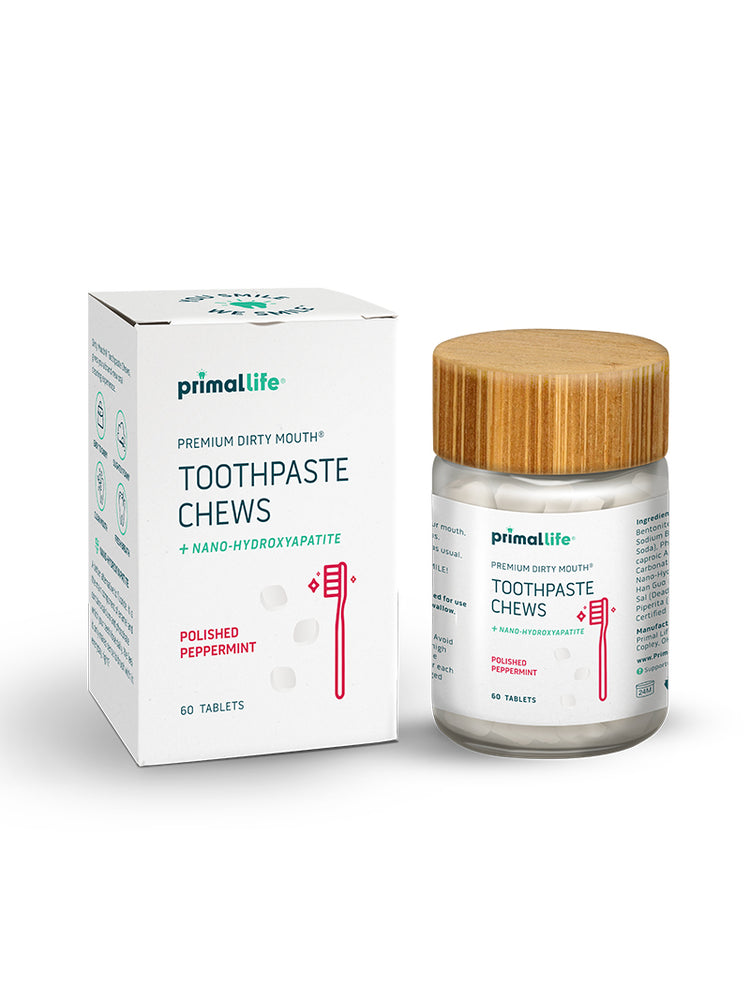
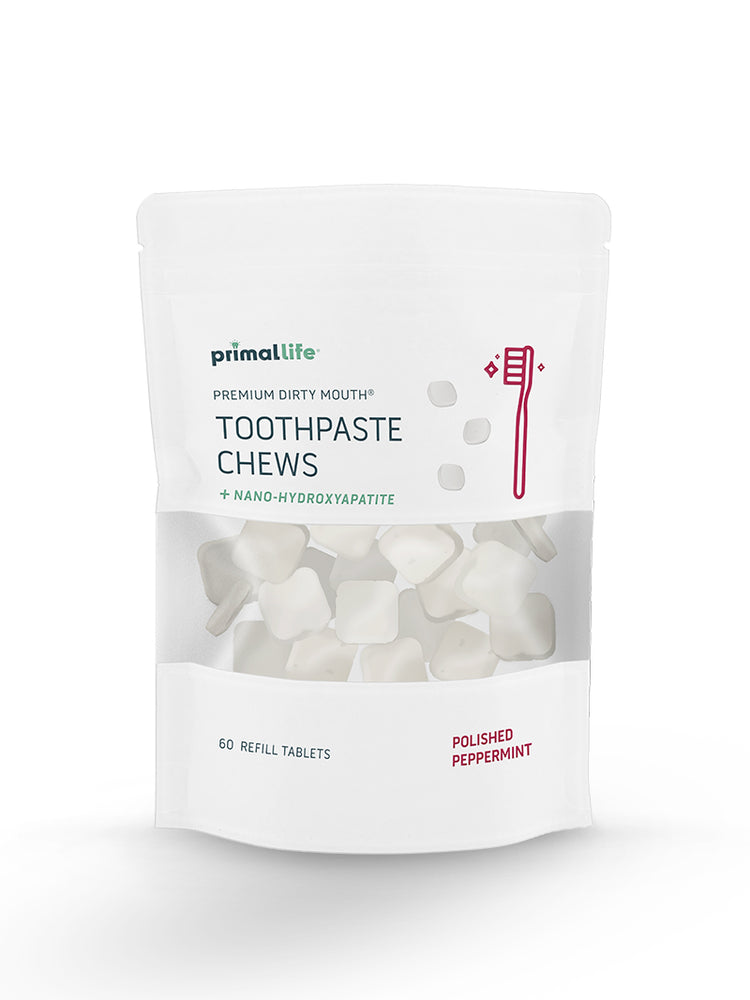
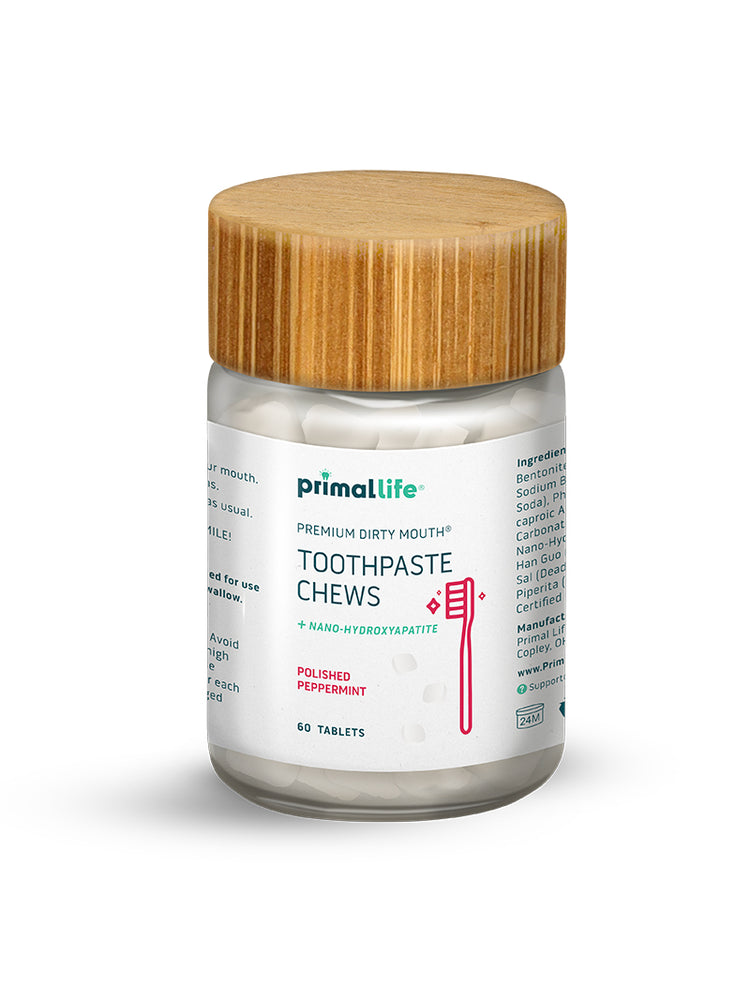
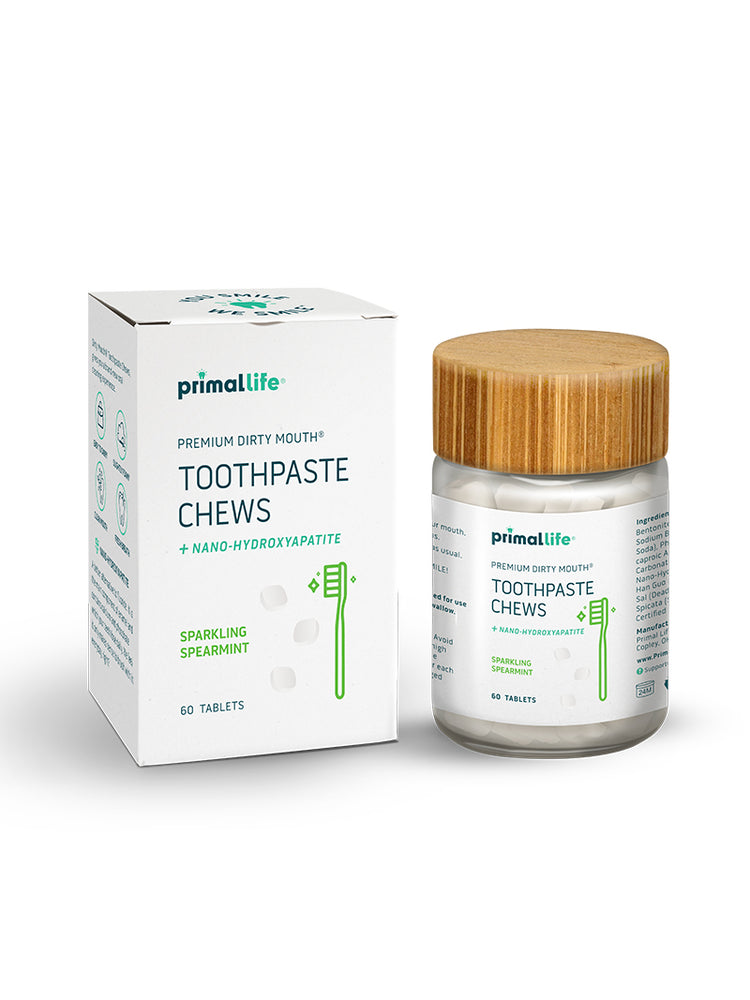
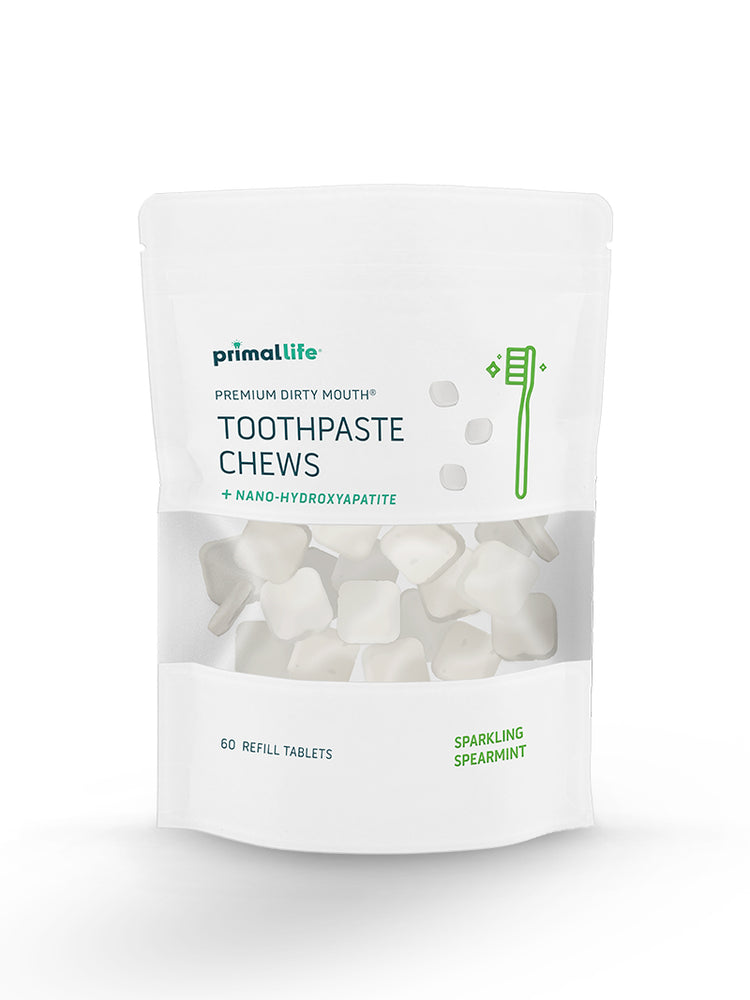
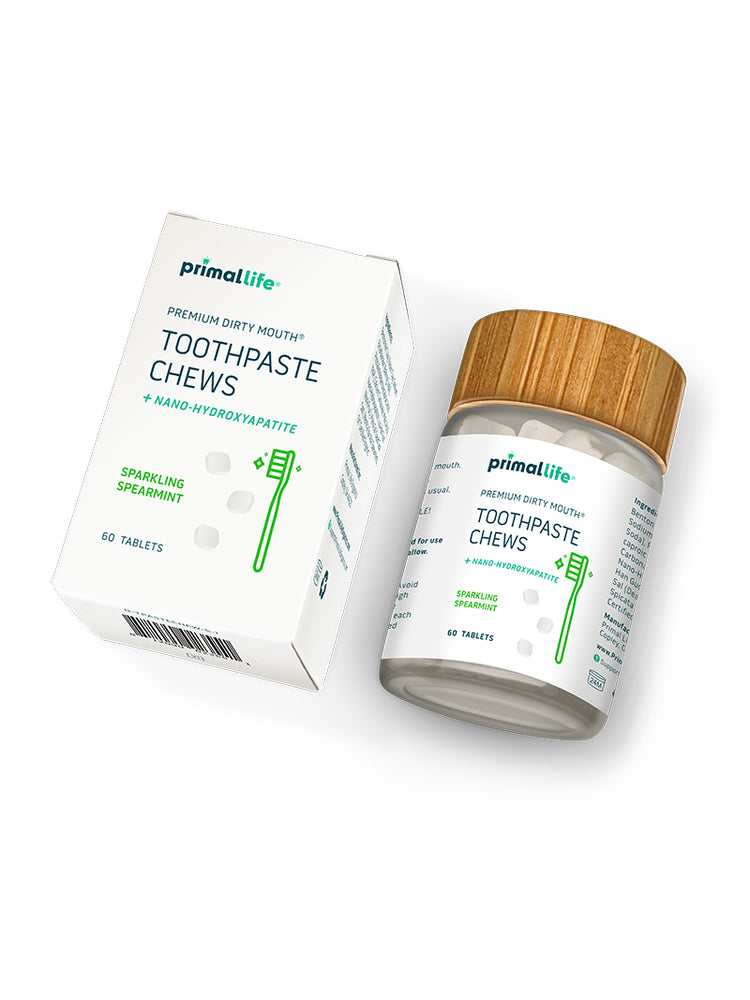
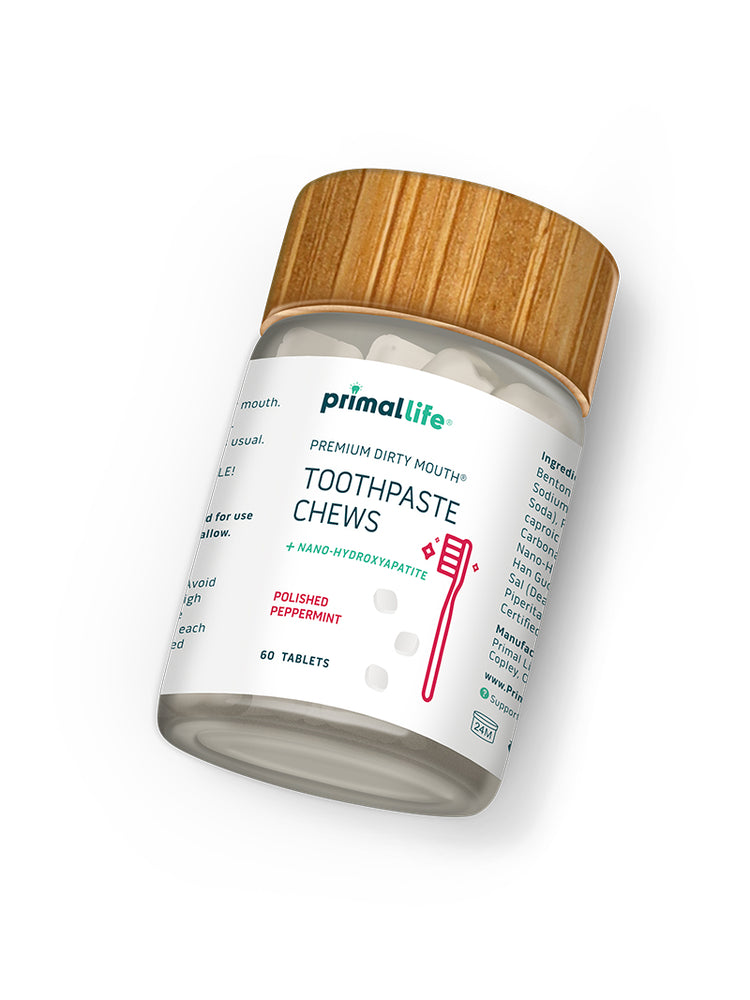
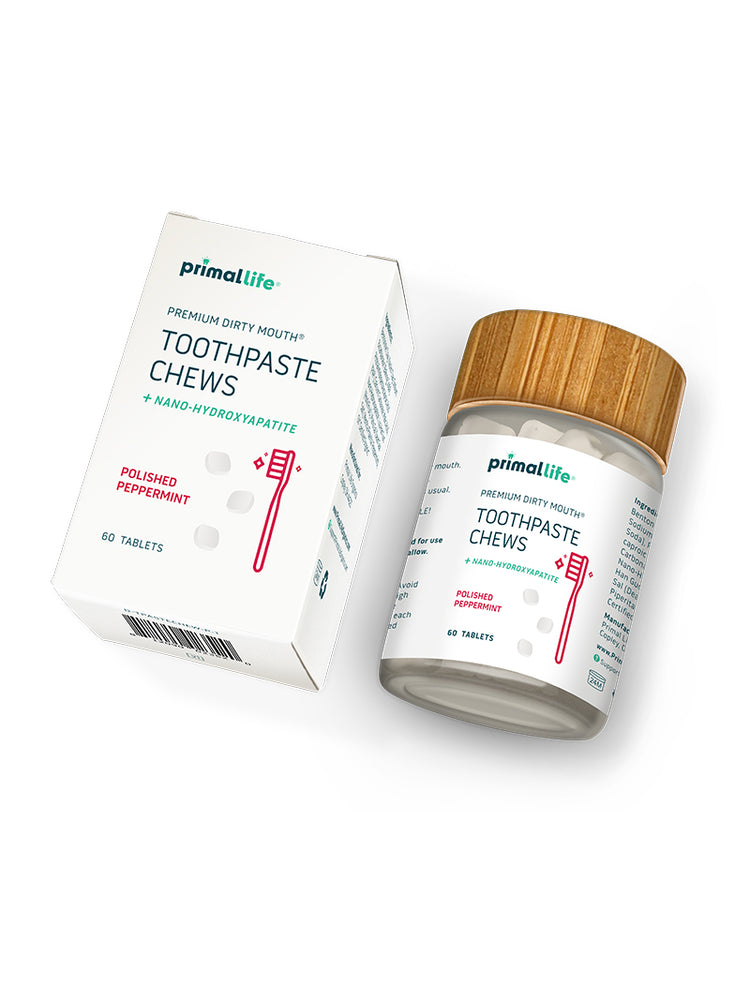
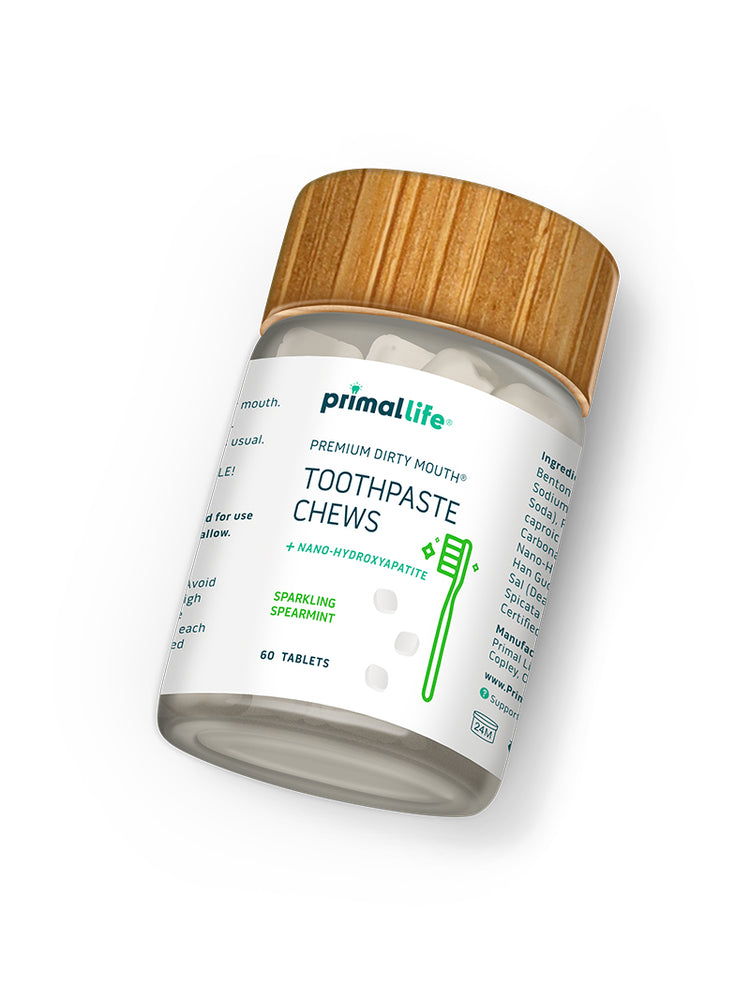
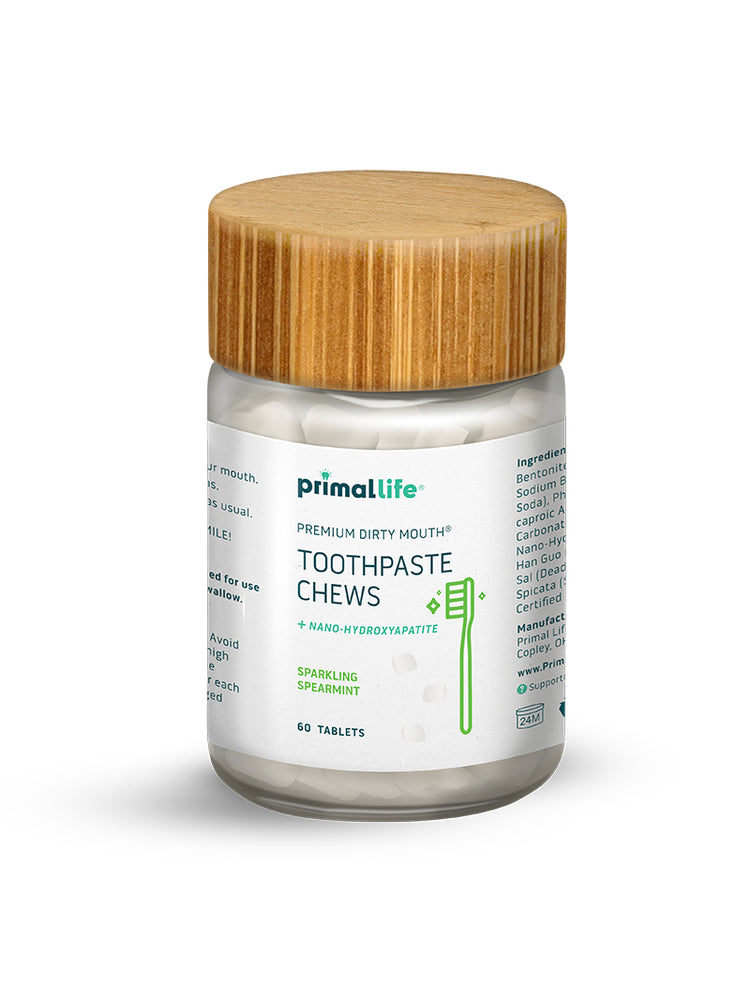
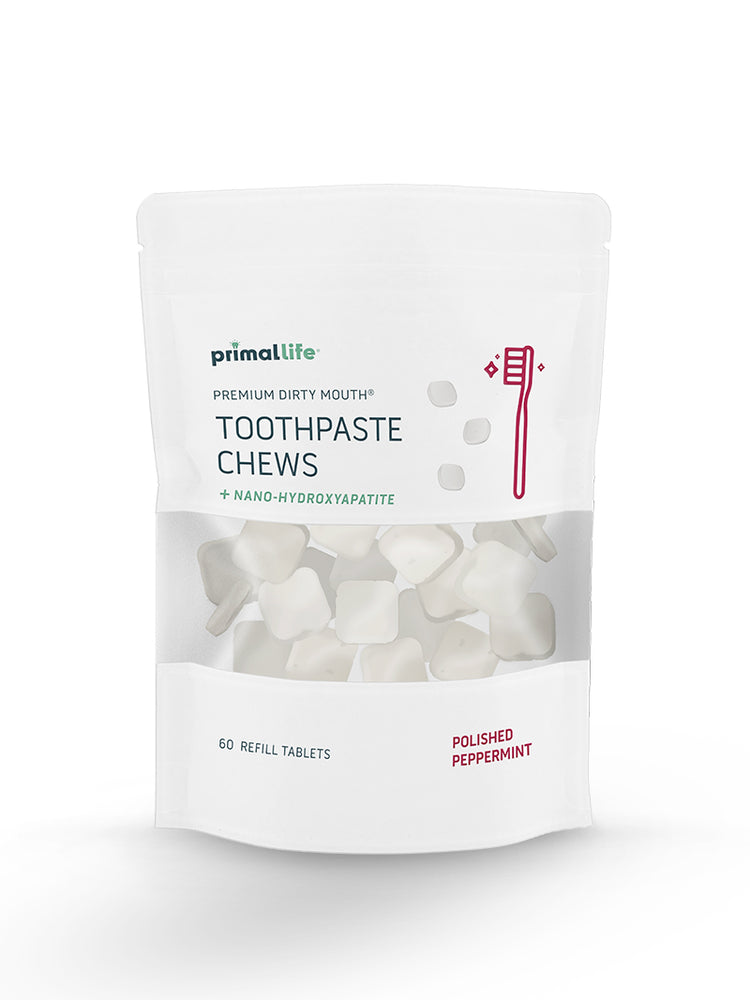
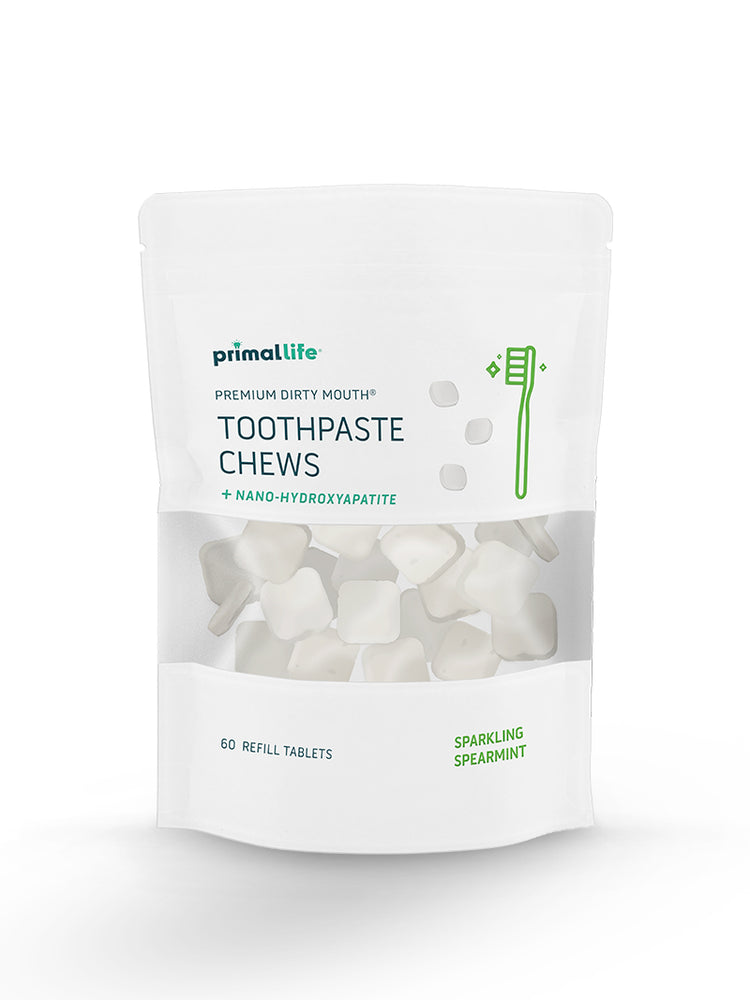

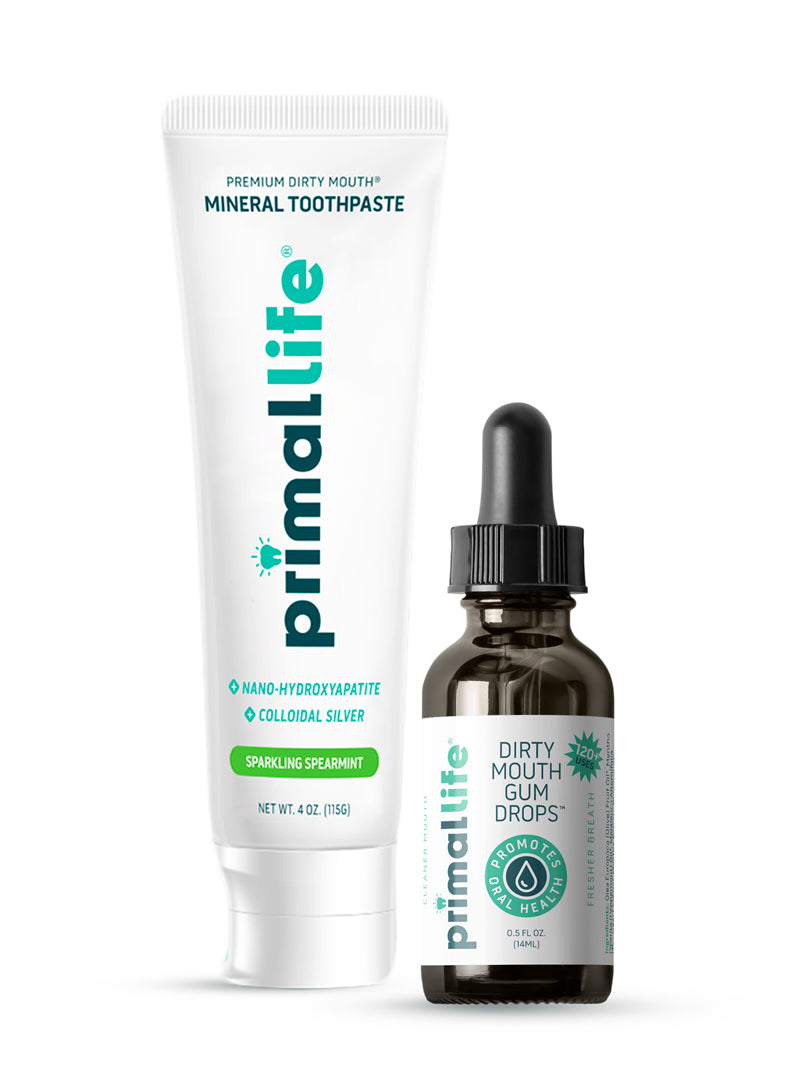
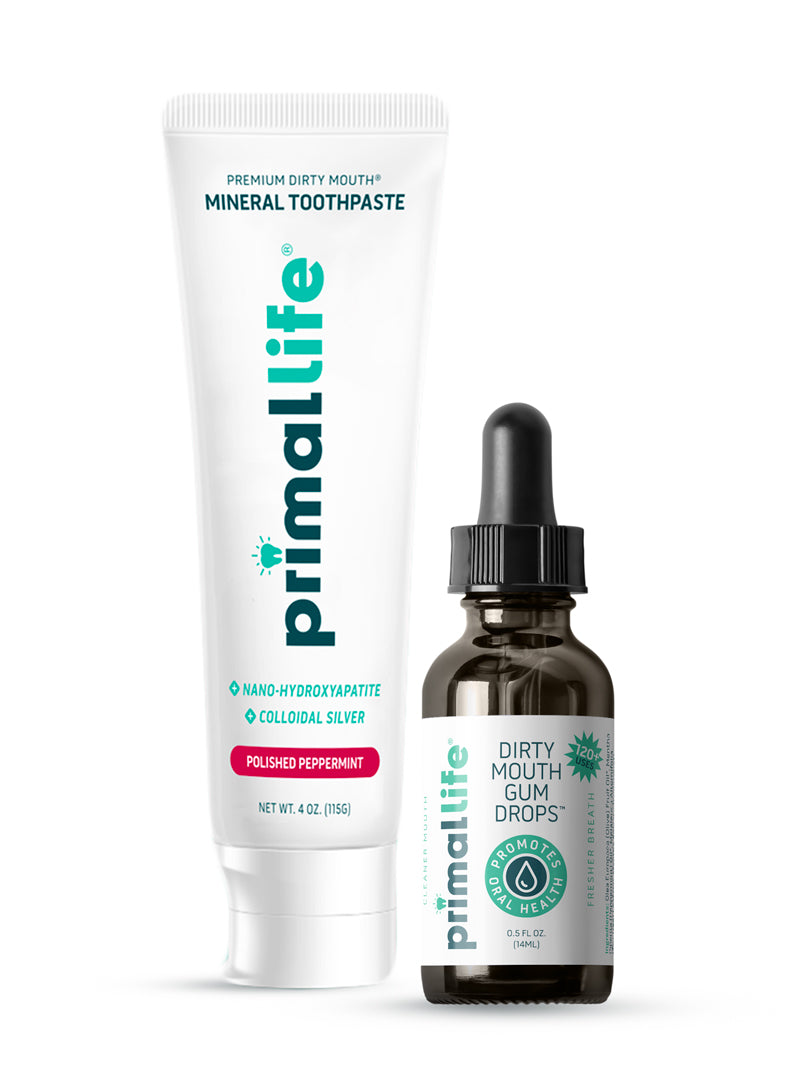
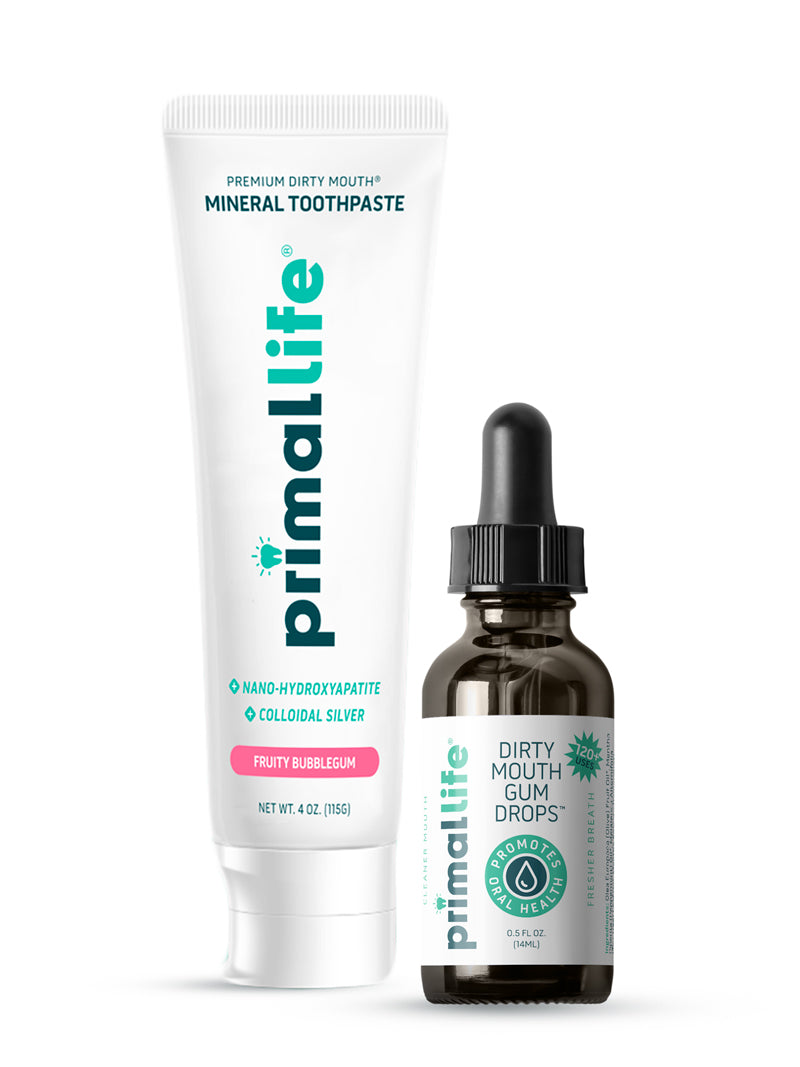
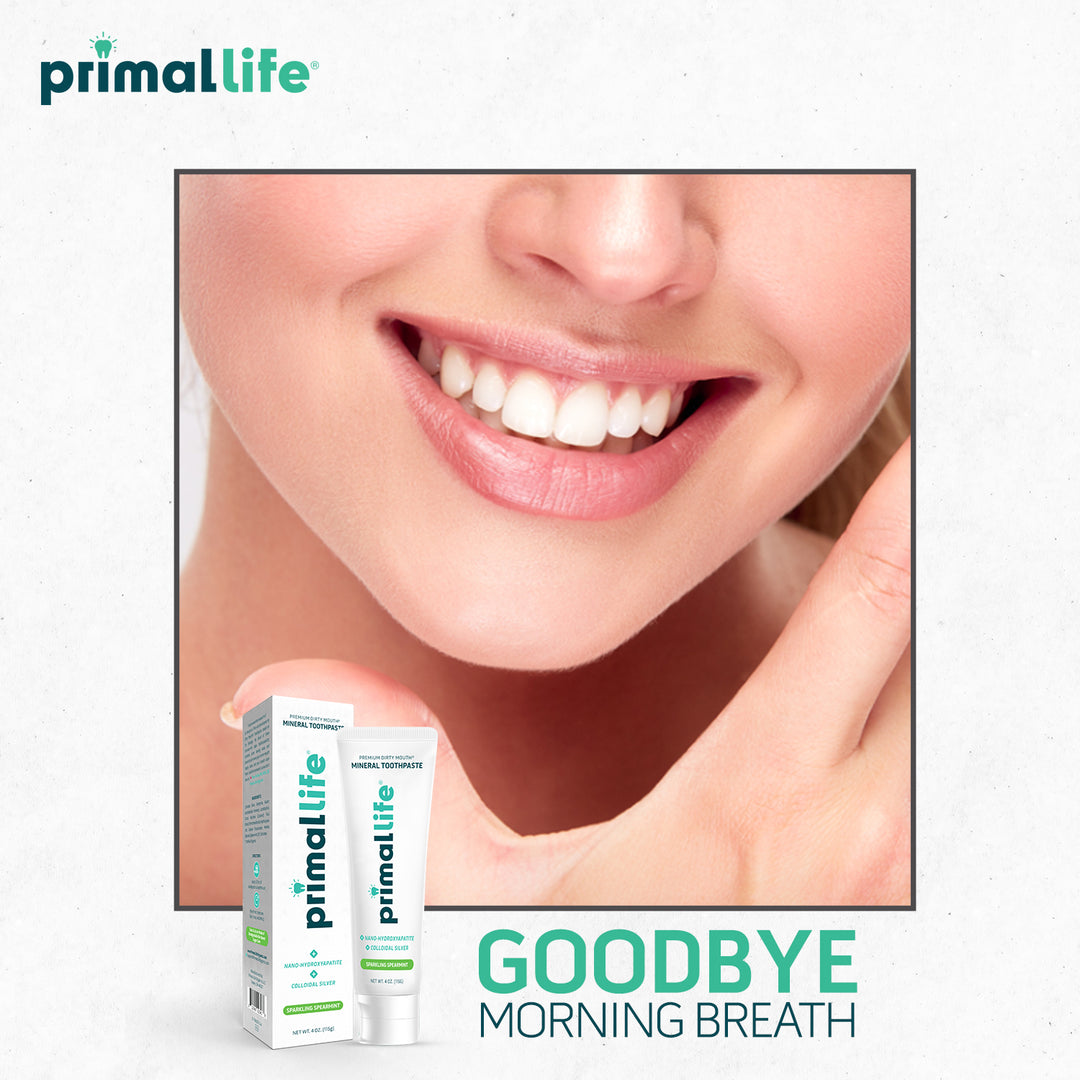
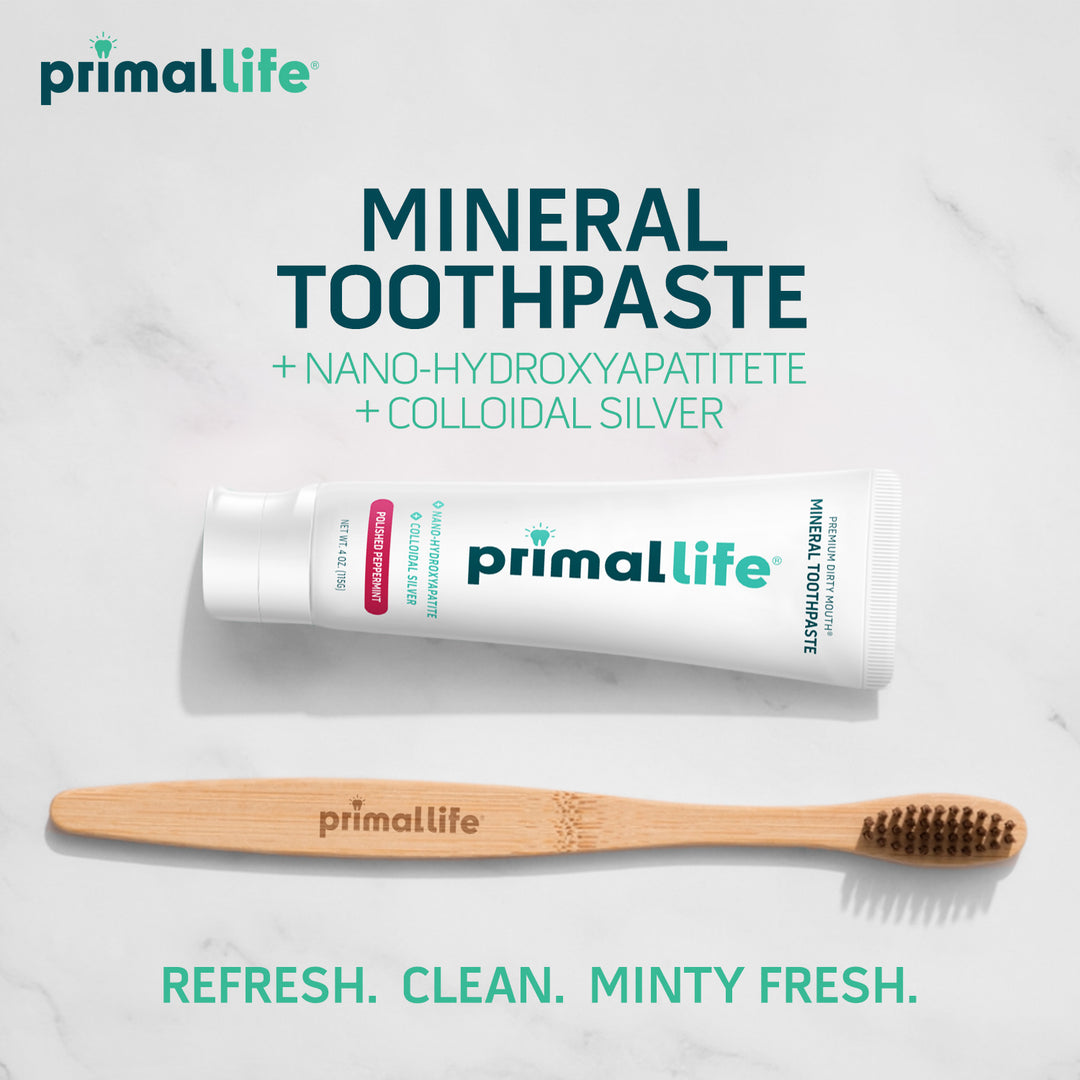
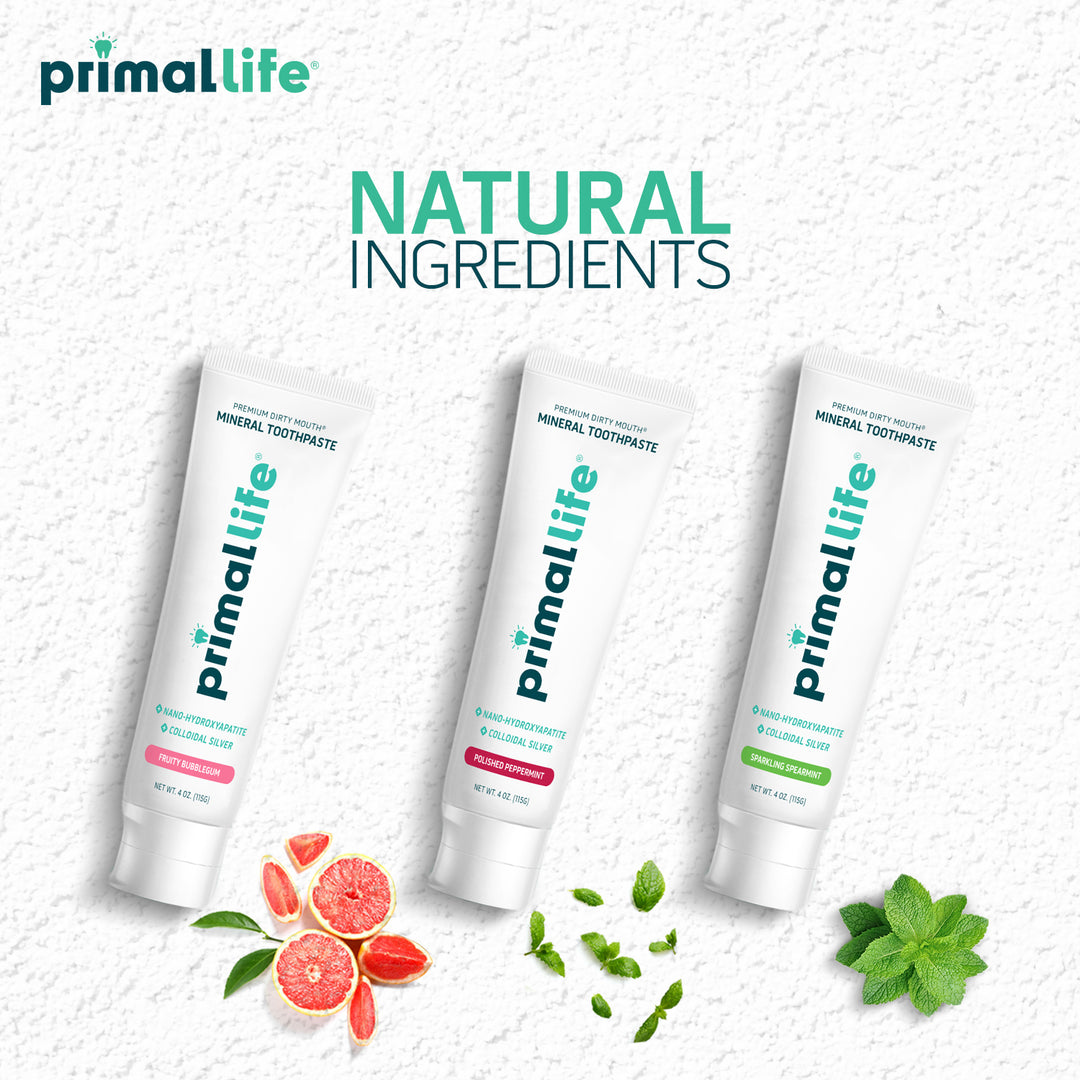
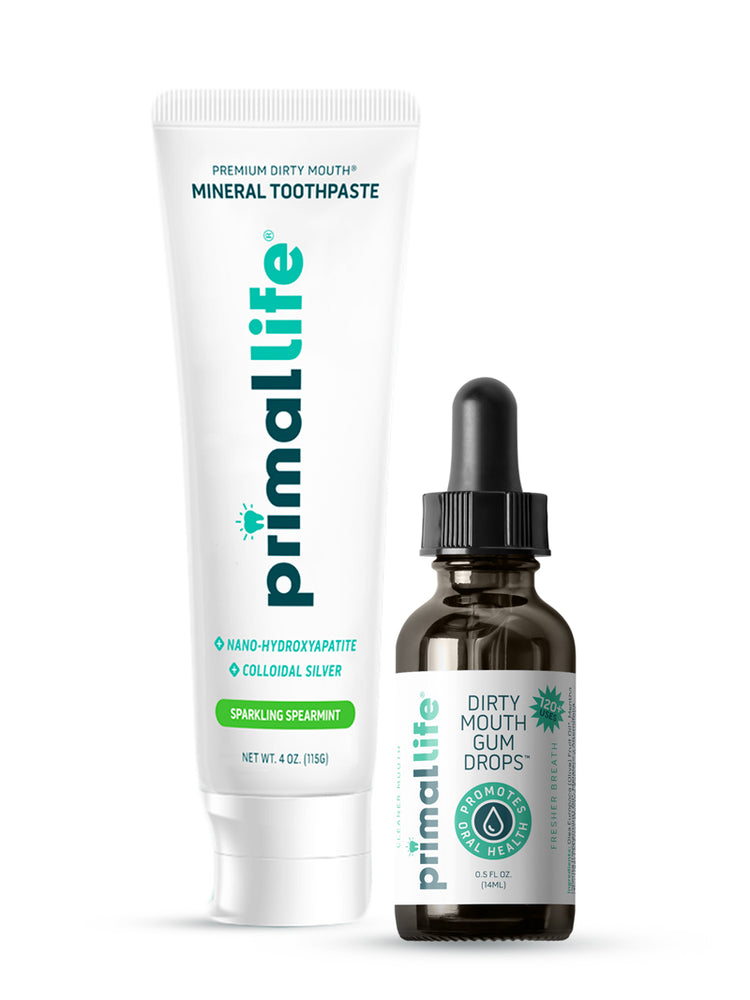
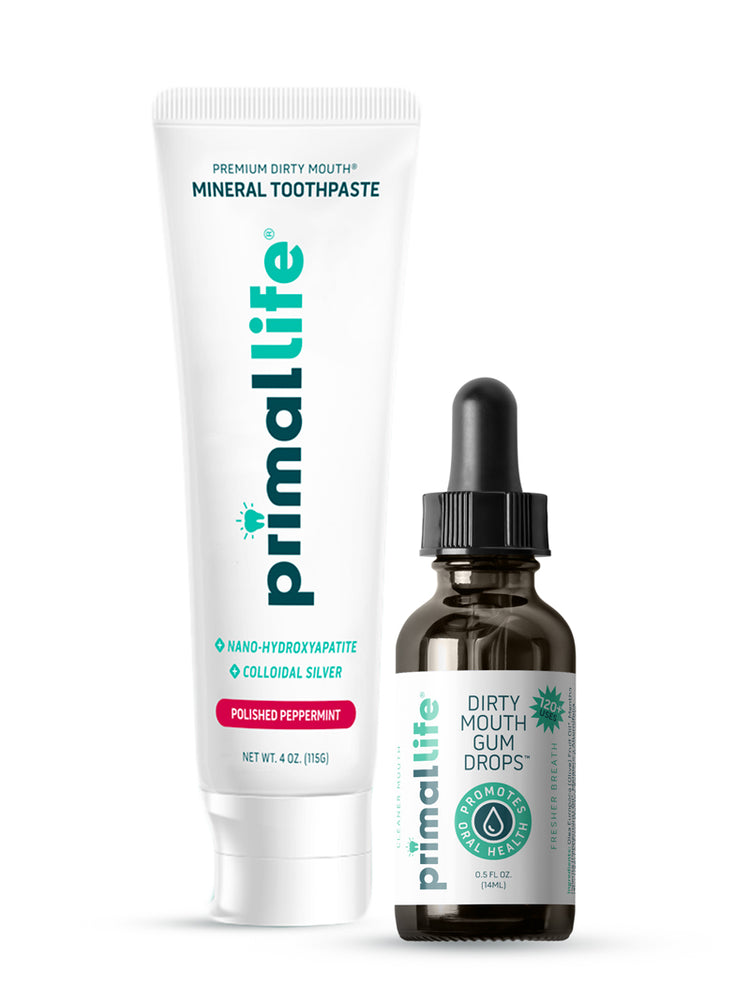
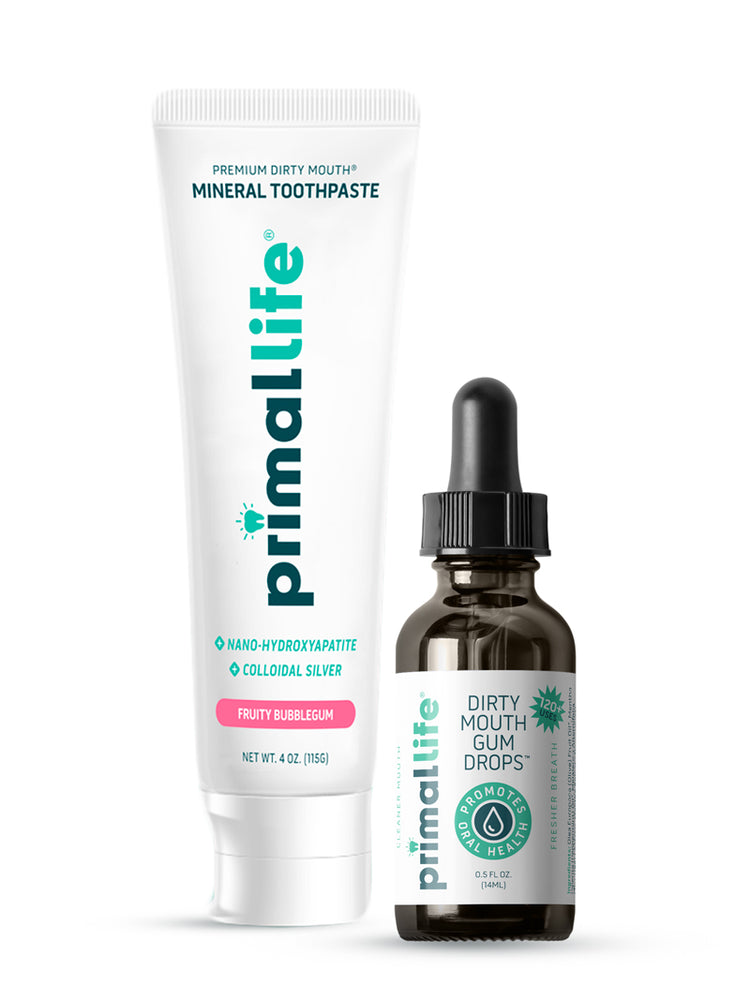
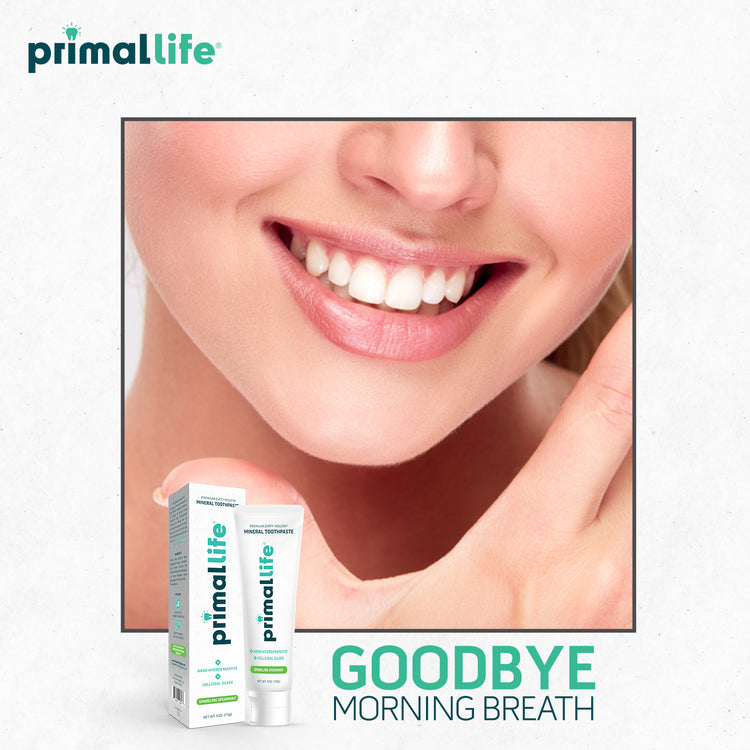
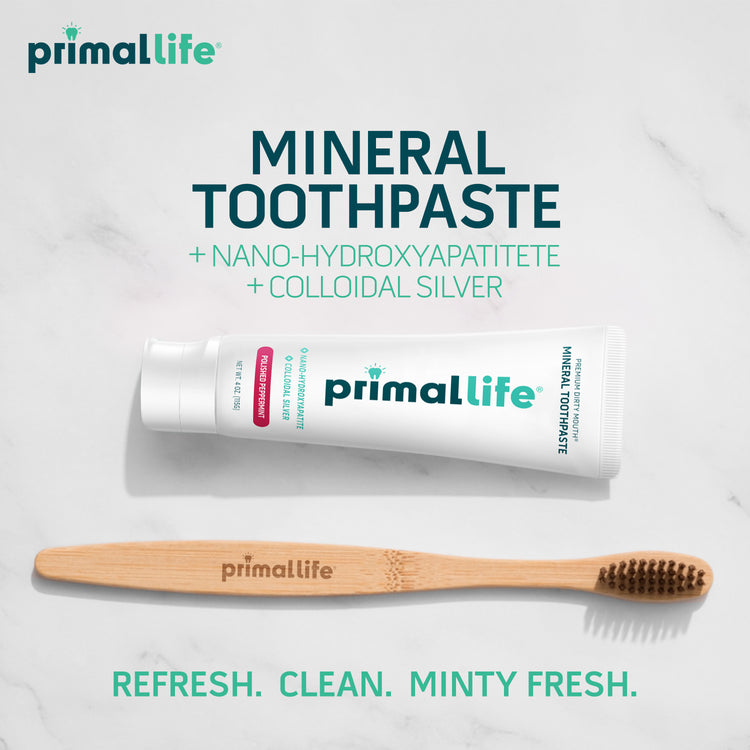
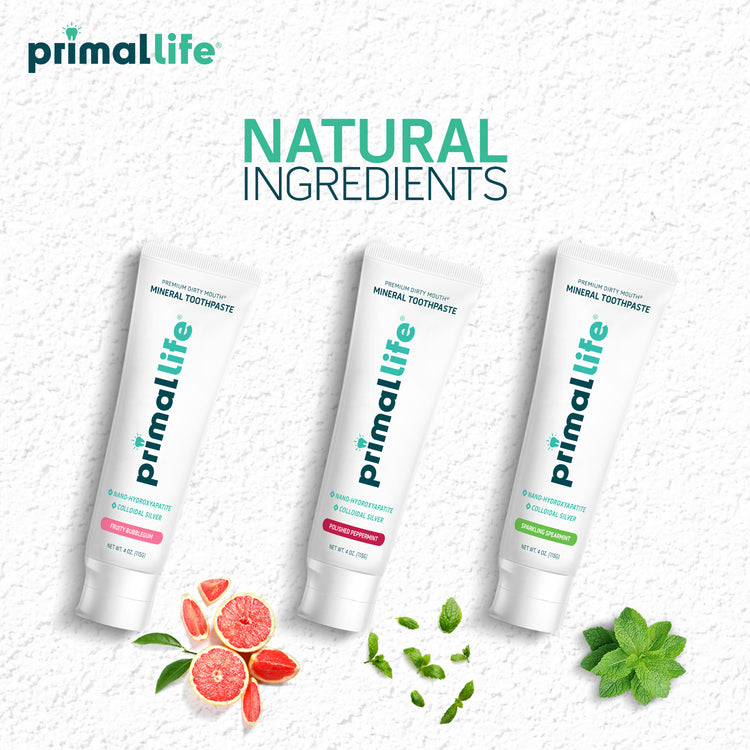

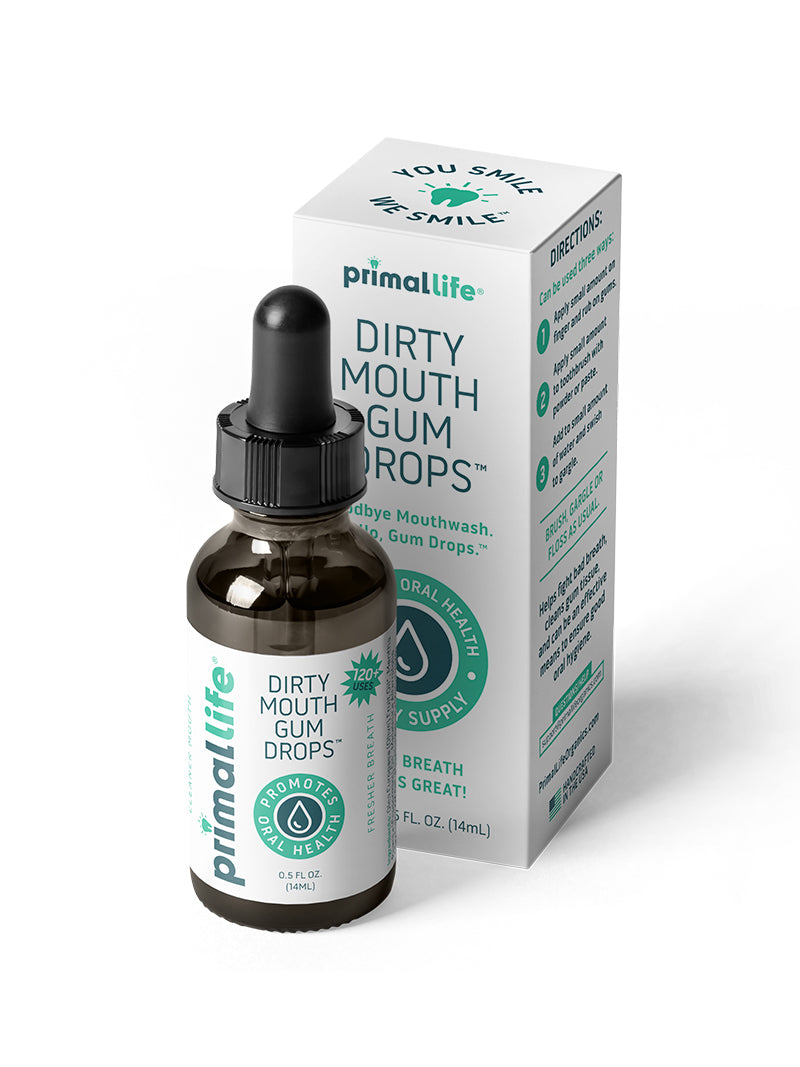
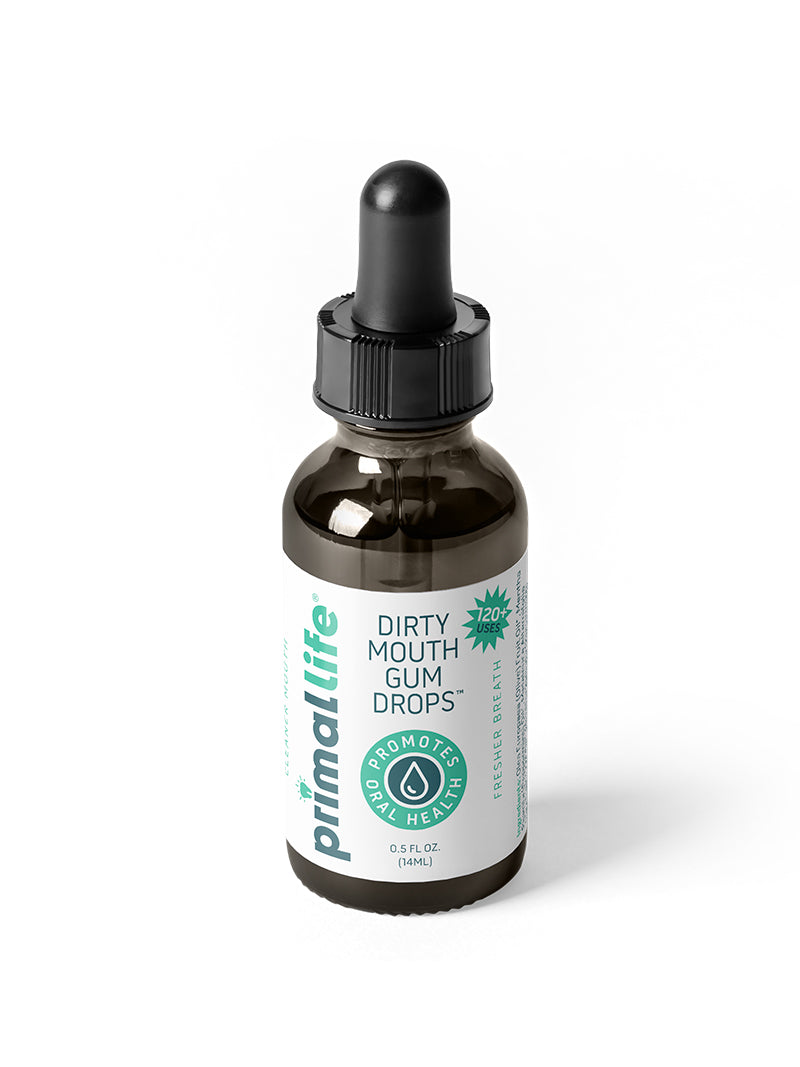
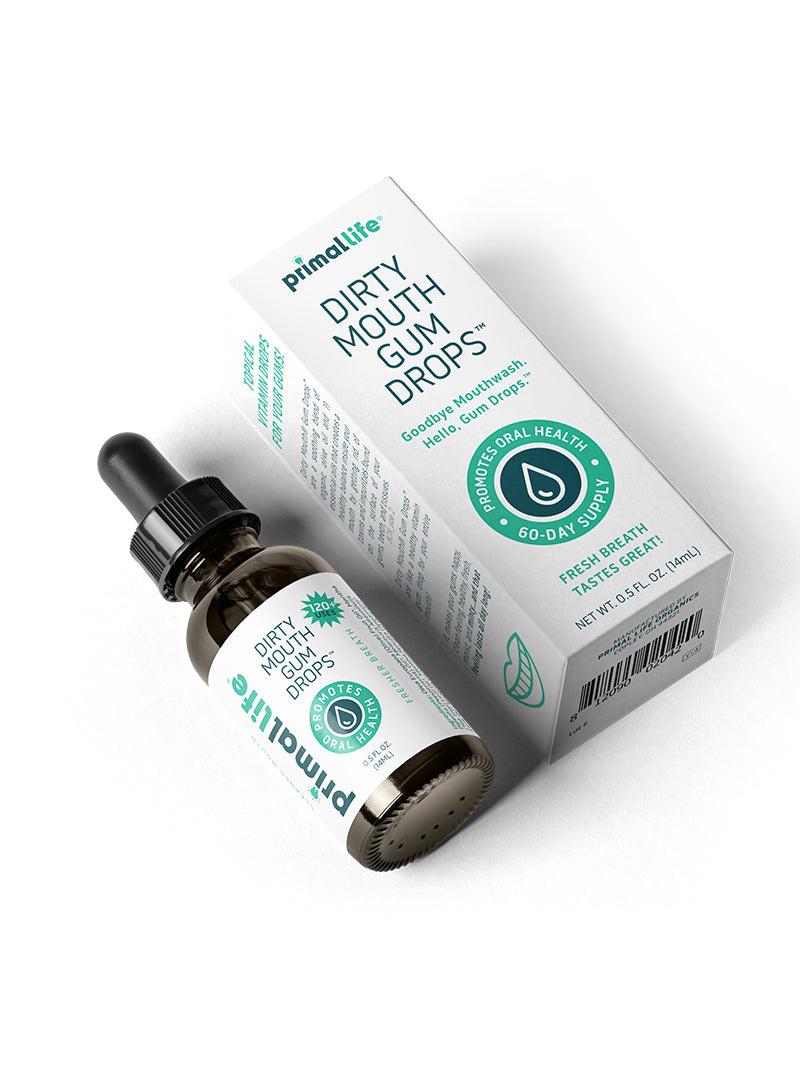
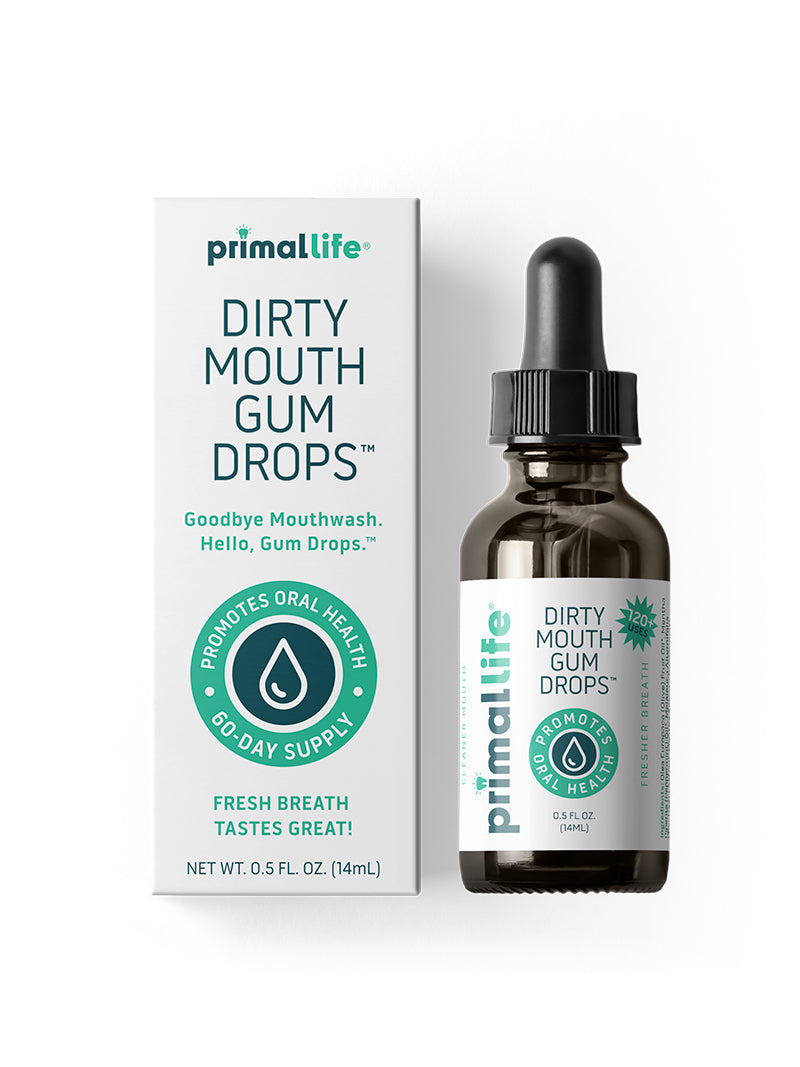
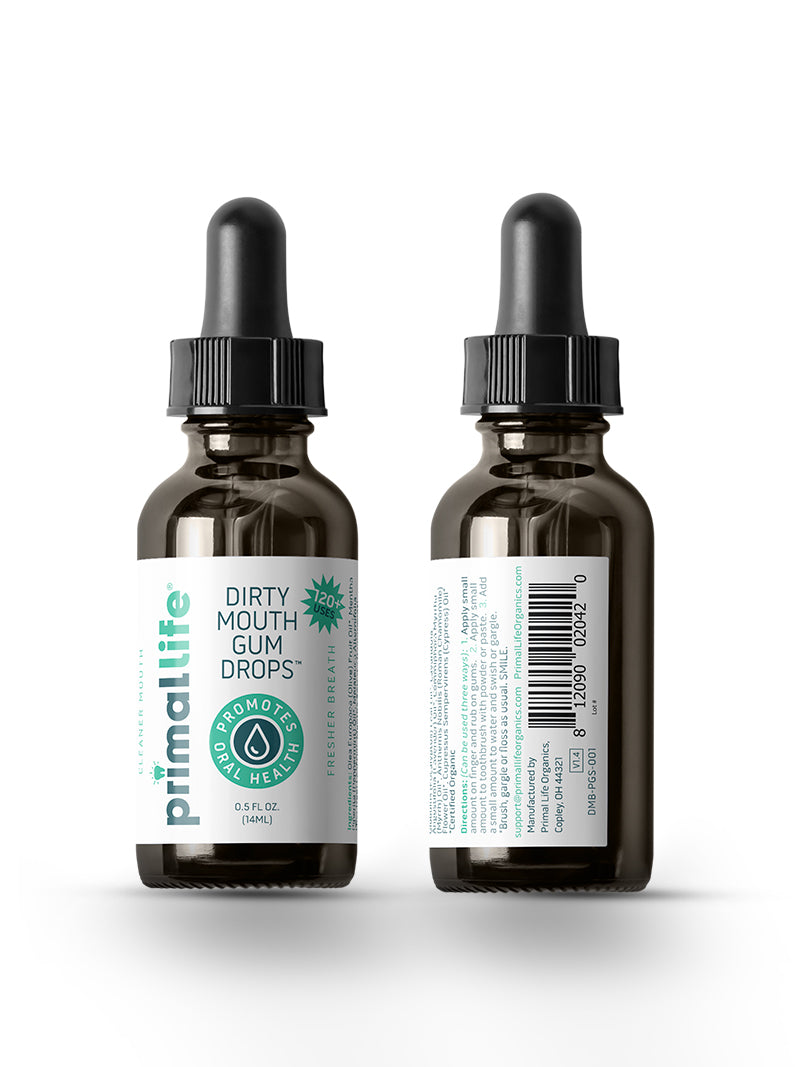
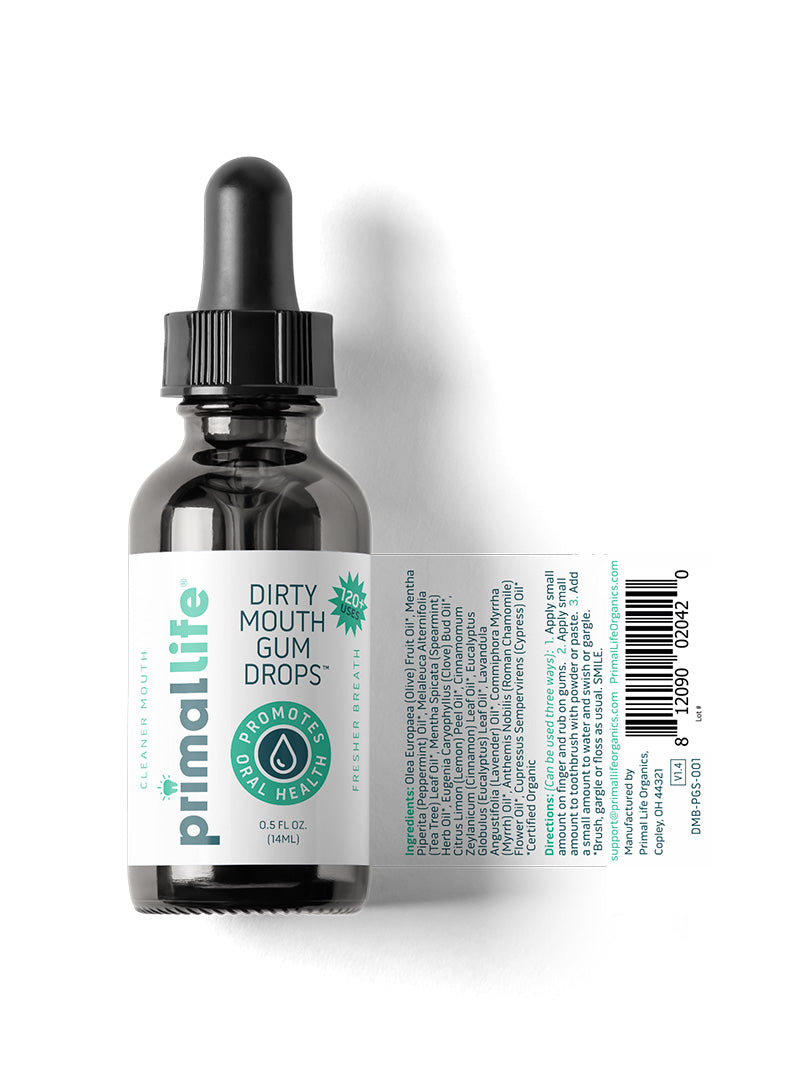
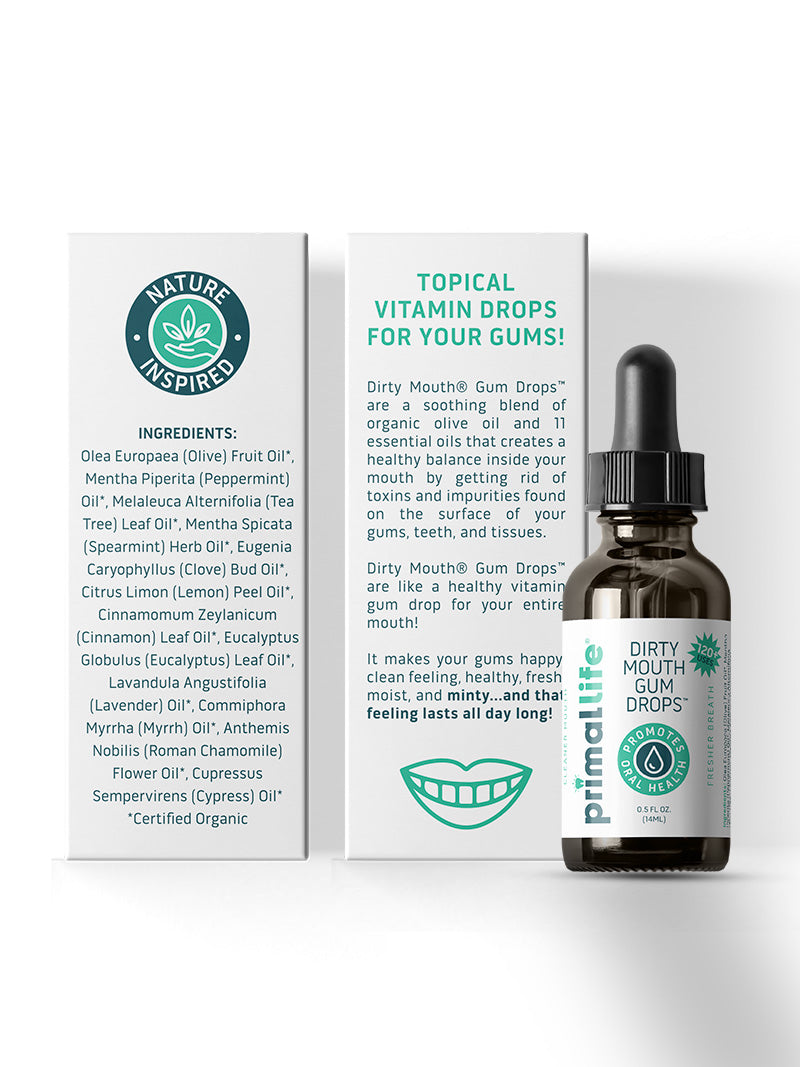
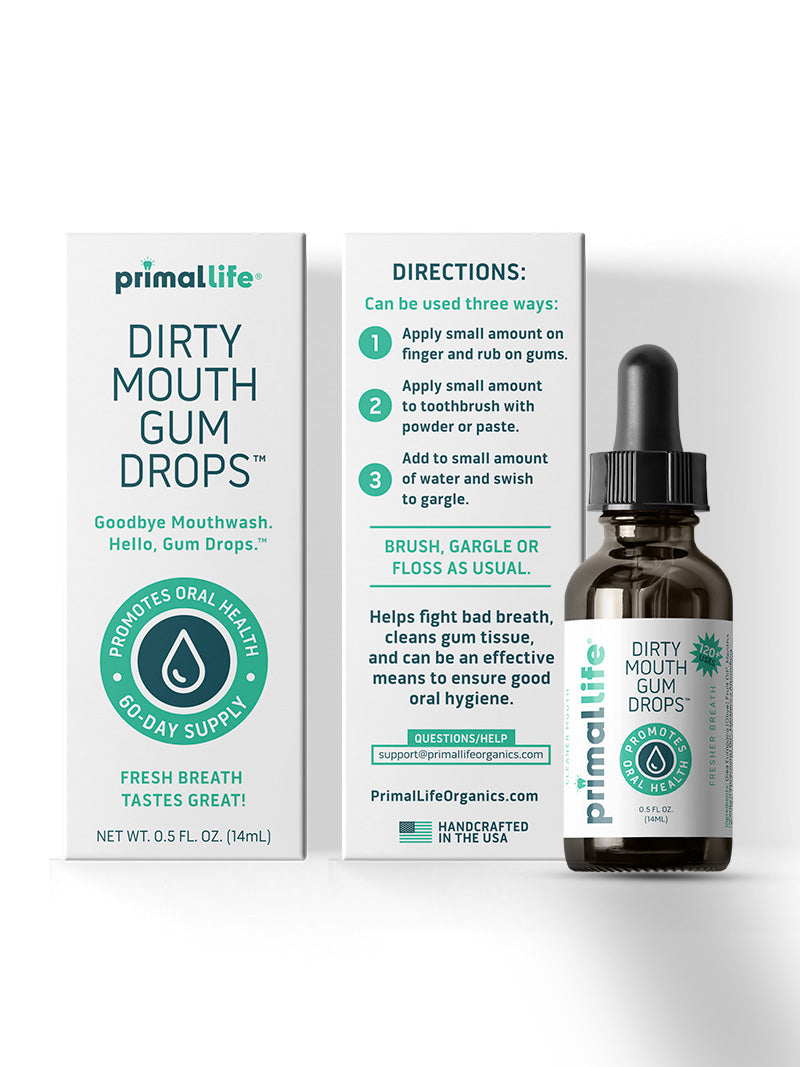
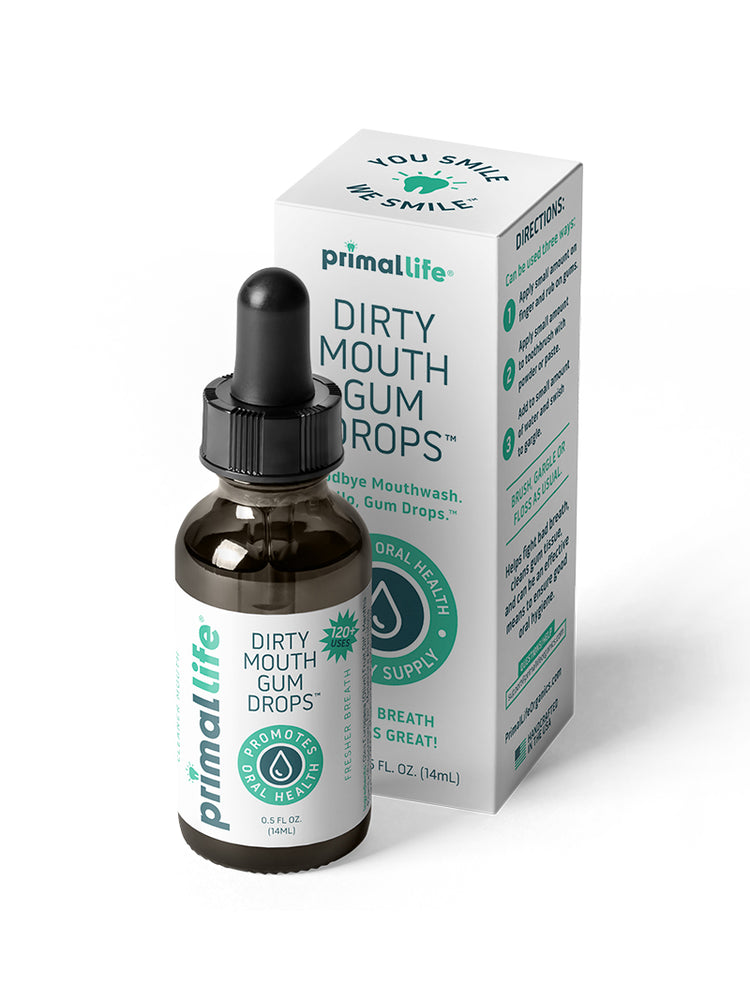
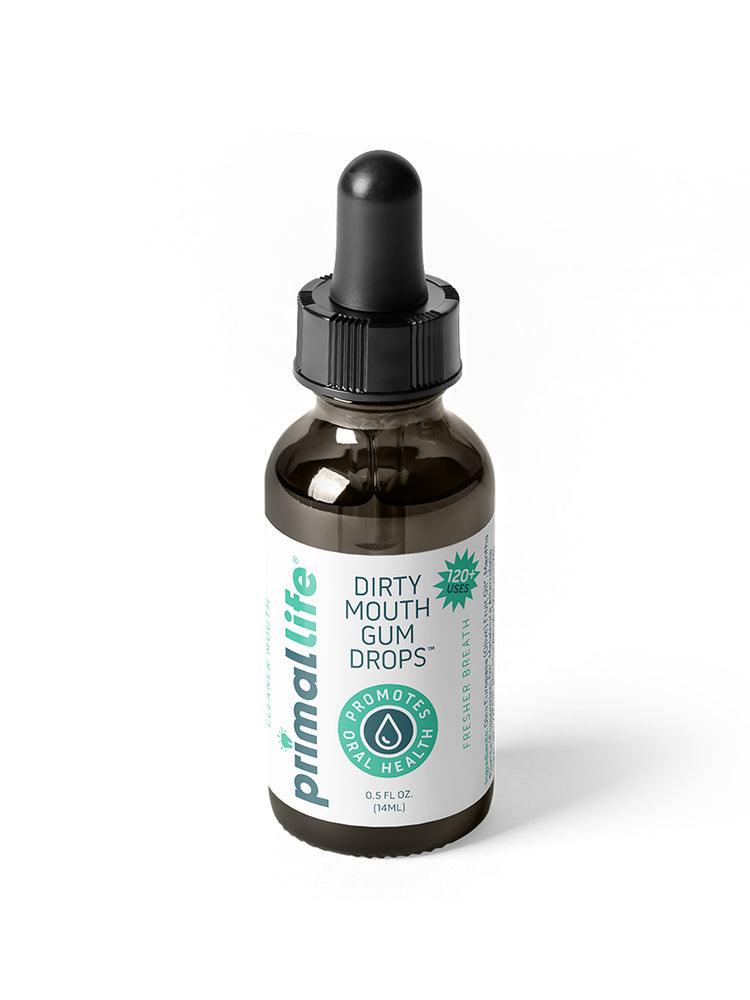
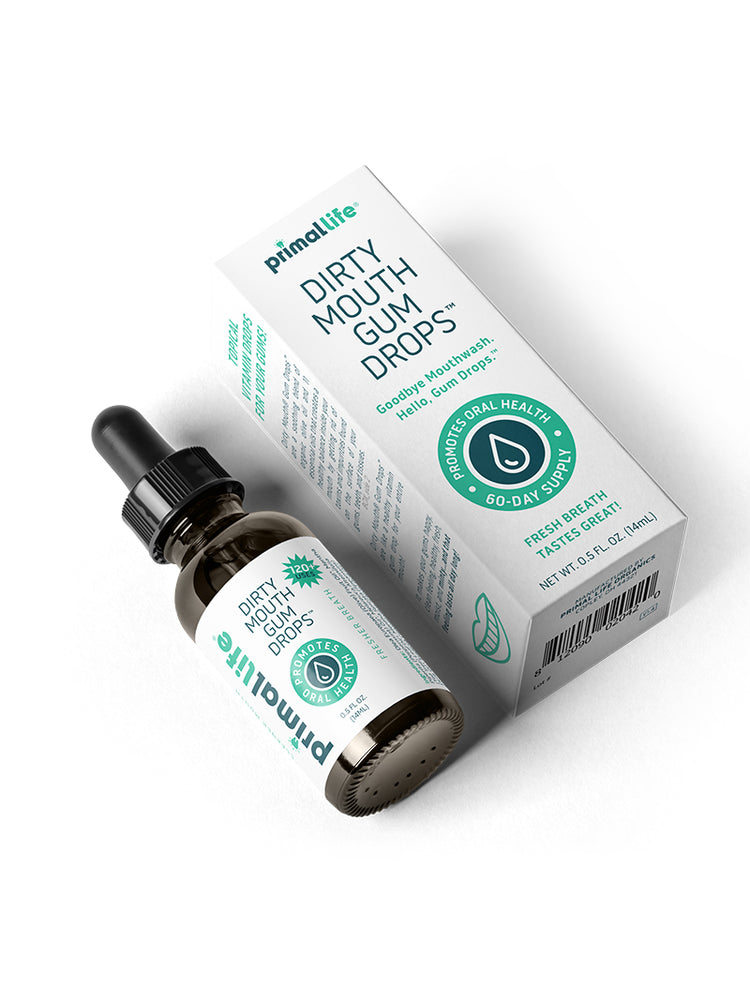
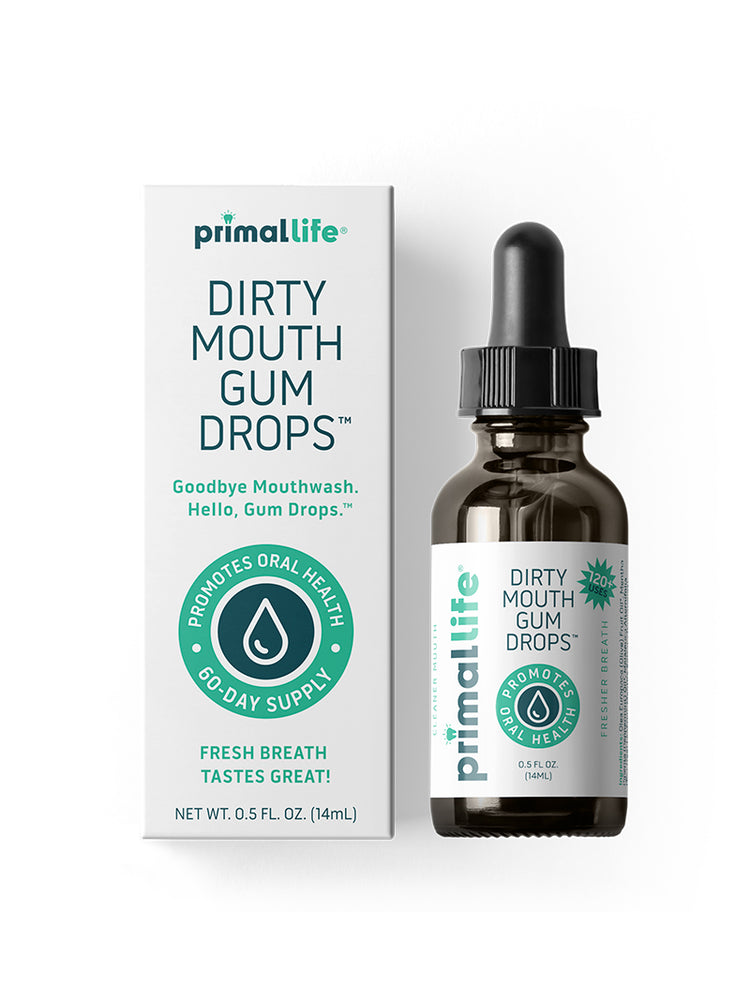
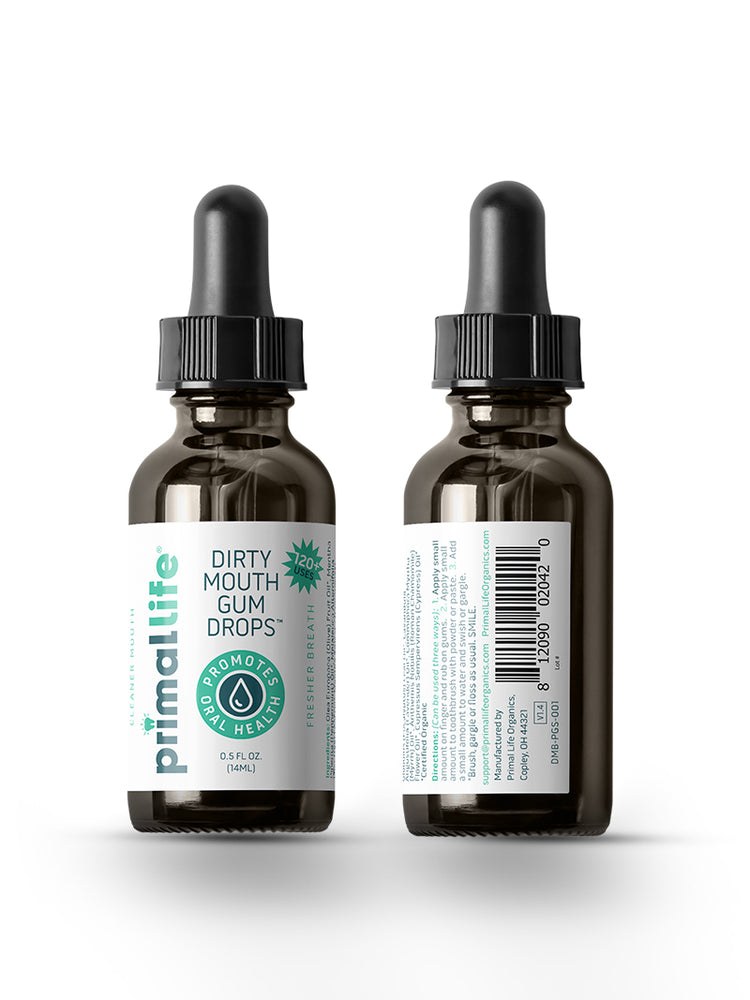
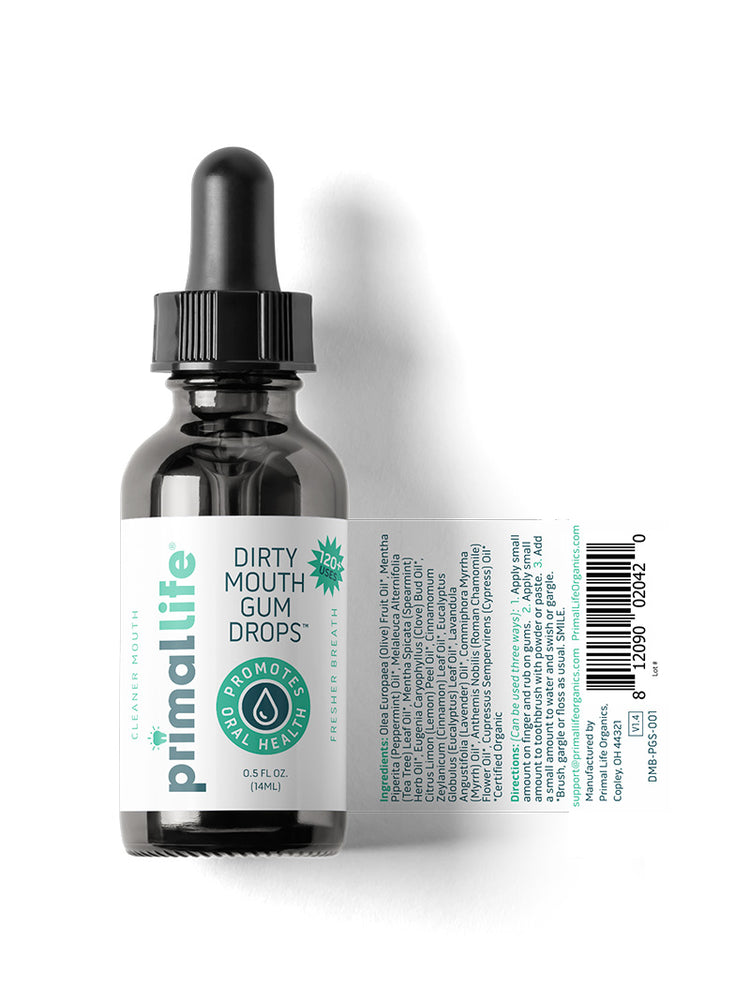
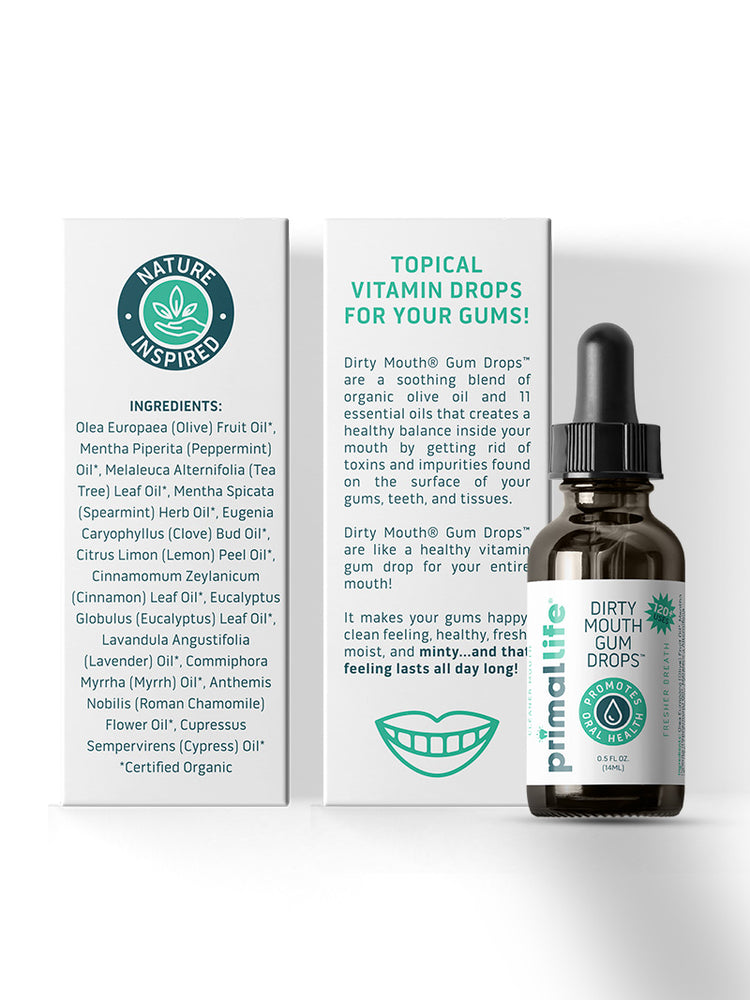
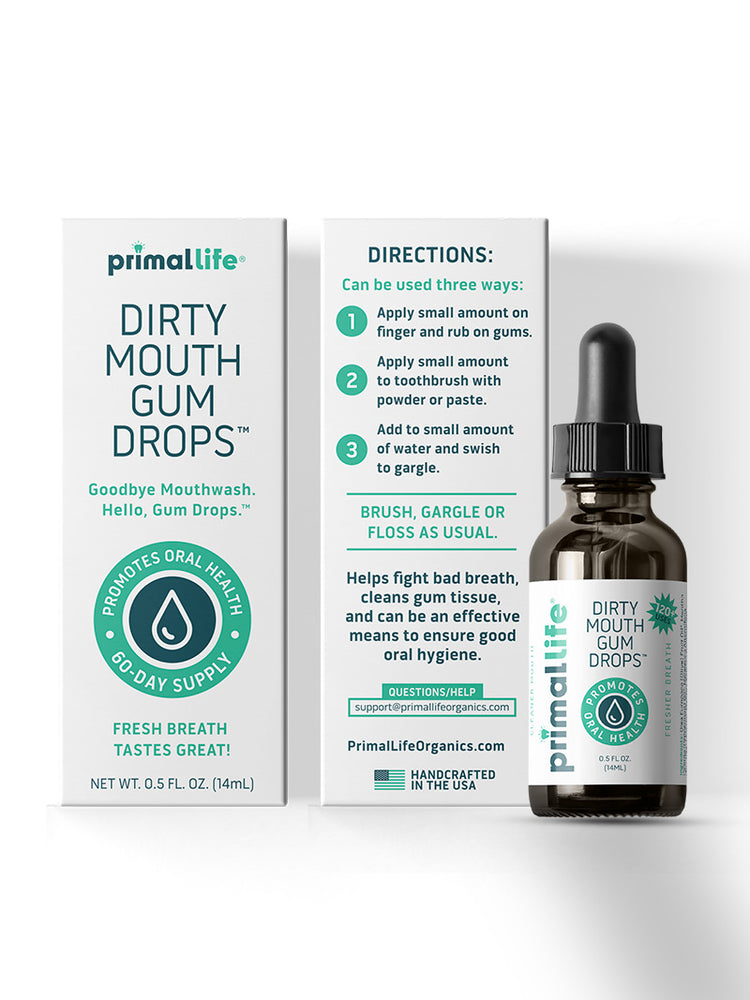





















 Aspartame
Aspartame